32 of the most popular diets ever
We break down the many popular diets around the world - and they're not just for weight loss...
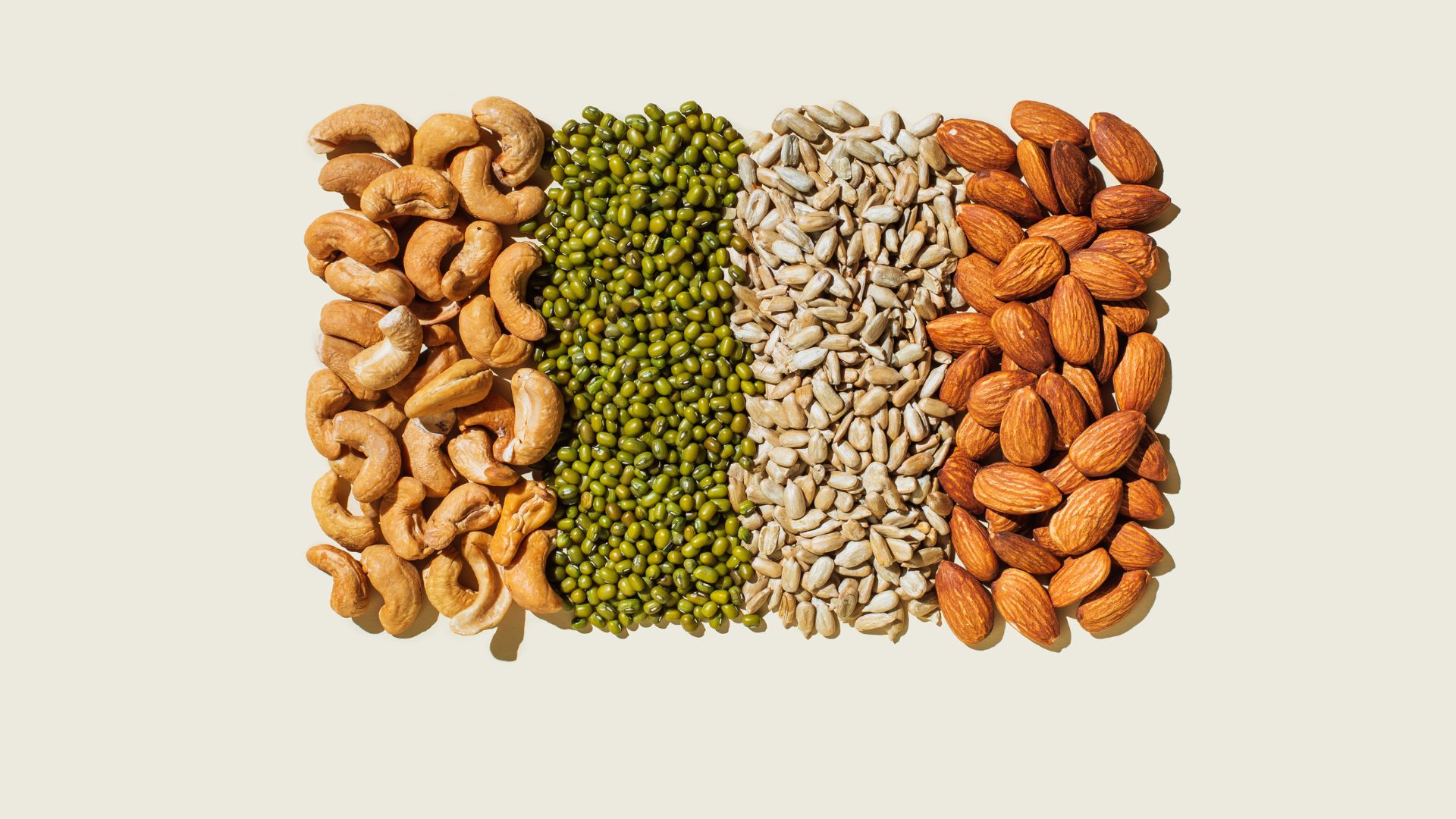

The most popular diets in the world include so many alternative ways of eating outside of the omnivore lifestyle adopted by billions.
When many people hear the word 'diet', however, they think of weight loss. While weight loss is one of the many valid reasons why someone might change the way they eat, many of the most popular diets in the world are about so much more than that - from improving heart health to improving the planet.
These are some of the most popular and famous diets ever - but not every diet is famous for a good reason. Some especially restrictive diets - like 'detox' and single-food diets - are generally not recommended by most health professionals. Always speak to your doctor, a certified dietitian, or a nutritionist before changing your diet in any considerable way.
The most popular diets ever
1. Atkins
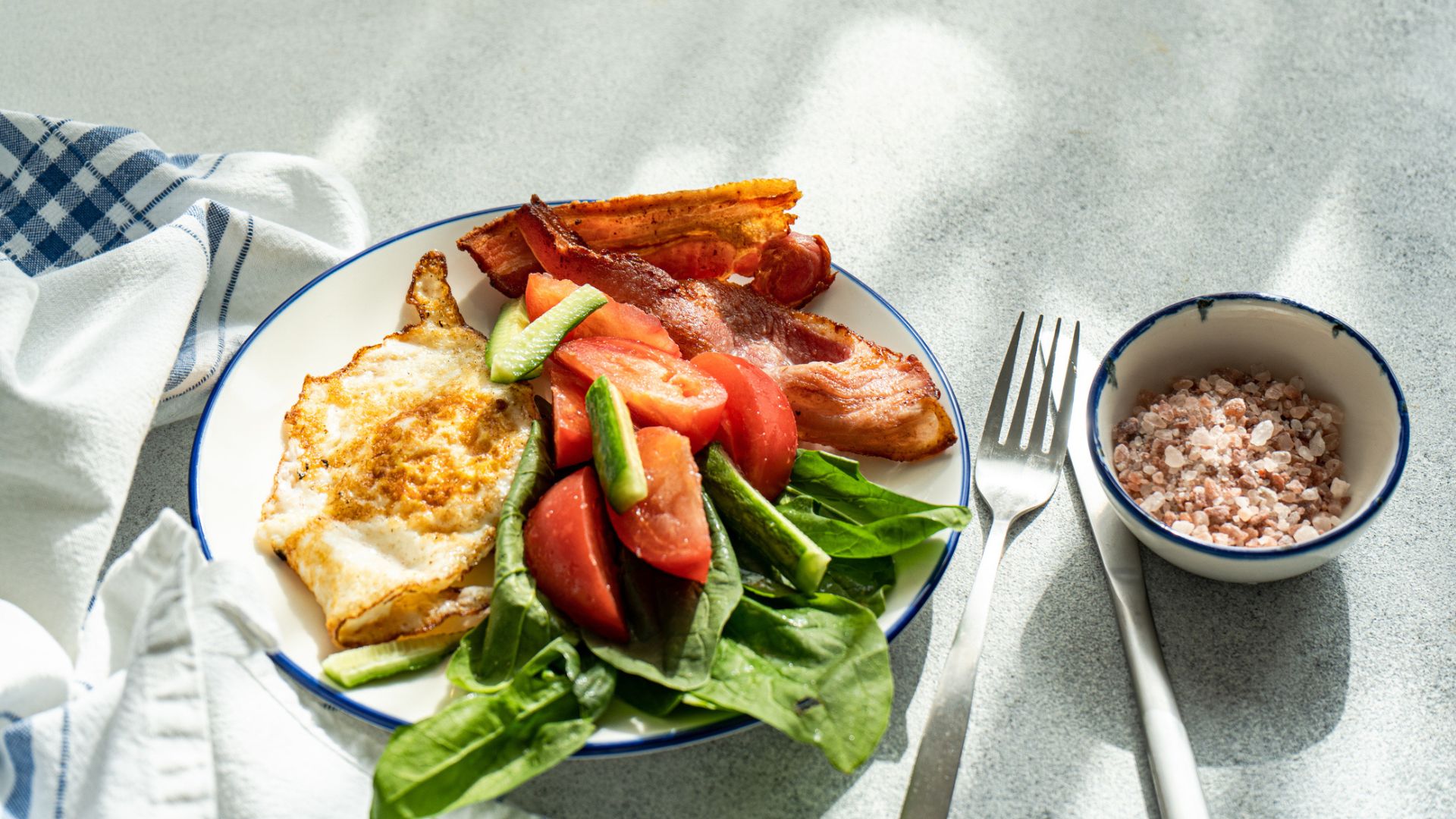
The Atkins diet is a low-carbohydrate plan, often taken up with weight loss in mind. The diet goes that you can eat as many protein and fat-rich foods as you want, as long as you avoid foods rich in carbohydrates. This makes it a popular option for those who want to avoid counting calories as carbohydrates make up a good proportion of our daily caloric intake.
However, some experts suggest those looking to lose weight should avoid the plan as the recommended fats also include saturated fats, which have been linked to conditions like heart disease over time.
2. Low-fat diet

A low-fat diet is deliberately low in saturated and monounsaturated fats, and rich in other macronutrients (like protein), vitamins, and minerals. Popular foods to include in low-fat diets are leafy greens, sweet potatoes, mushrooms, beans, and legumes.
Diets low in fat are popular among those looking to prevent heartburn, those who want to reduce their cholesterol levels, those with certain medical conditions, and those who want to lose weight, since fat is the highest-calorie nutrient.
Sign up for the woman&home newsletter
Sign up to our free daily email for the latest royal and entertainment news, interesting opinion, expert advice on styling and beauty trends, and no-nonsense guides to the health and wellness questions you want answered.
3. Paleo diet
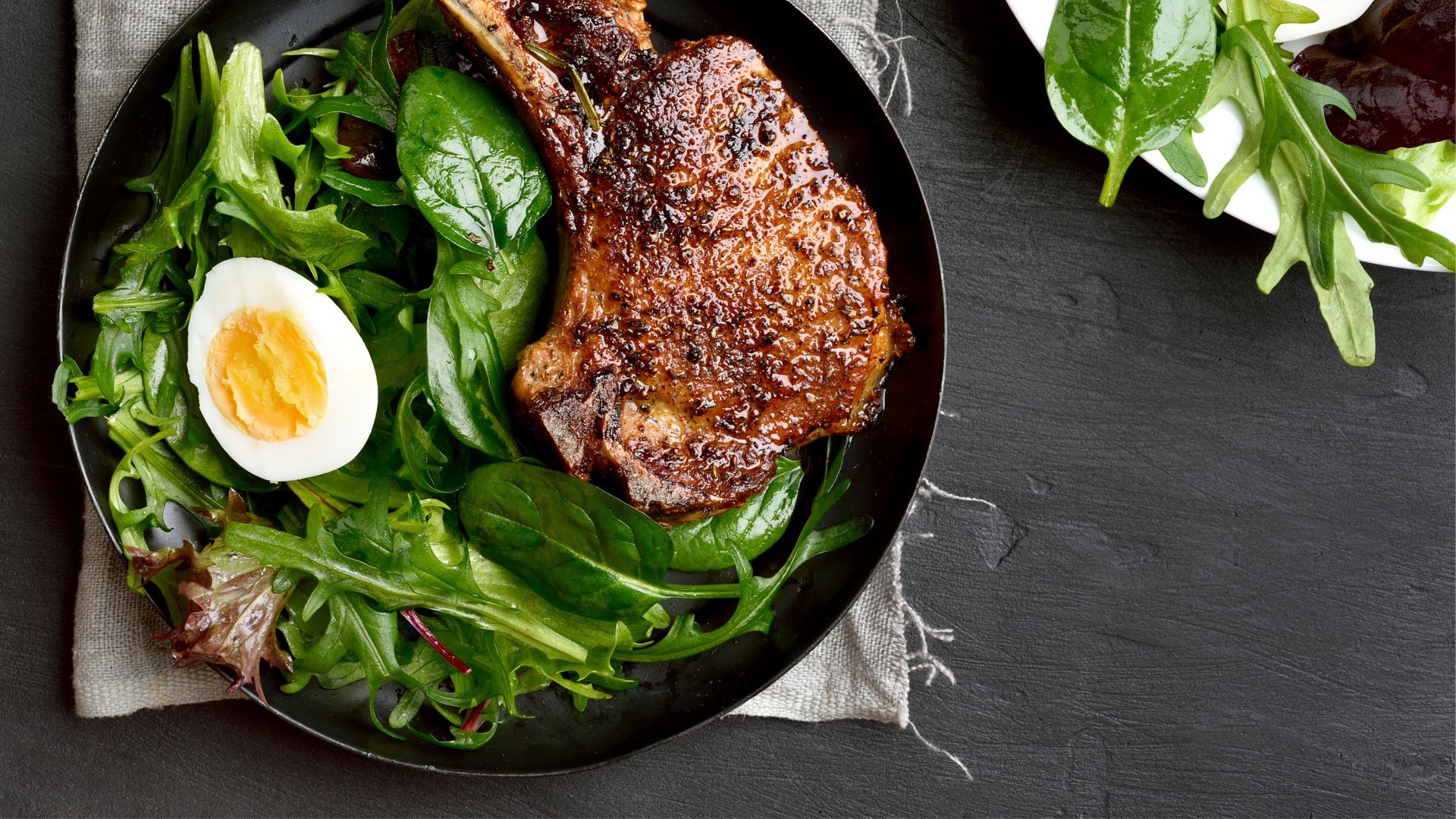
The Paleolithic diet - also called the Paleo diet or the Stone Age diet - is one of the most popular diets of modern times. It is also widely considered to be a fad diet, as it's incredibly restrictive and cuts out many nutritious whole foods.
The Paleo diet aims to match the eating habits of early humans in the Paleolithic era by focusing exclusively on meat, fish, fruits and vegetables, and excluding dairy products and grains.
4. High-fibre

Fibre is one of the most filling macronutrients, so it's hardly surprising that millions of people prioritise fibre-rich foods in their daily diet.
Compared to other macronutrients like carbohydrates, fibre keeps you fuller for longer, meaning you're likely to eat less throughout the day. Some people opt for a high-fibre diet to lose weight because of this, while others who take on the diet want to improve their digestive health or lower their cholesterol levels, as these are two other benefits of the diet.
5. Vegetarian
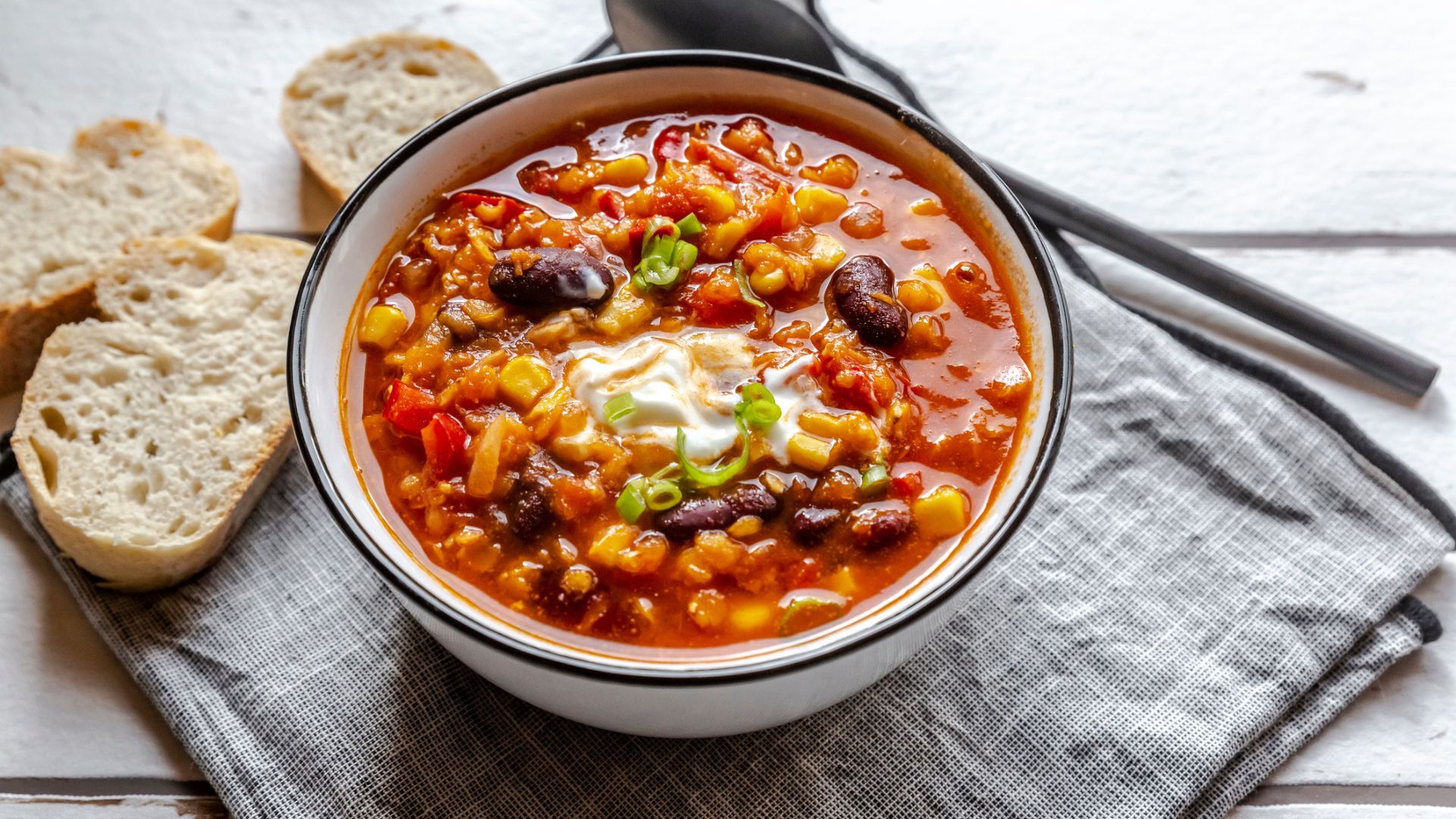
The vegetarian diet isn't only one of the most popular diets (ever), it's also one of the most nutritious. This way of eating excludes all meat and fish - often for ethical, environmental, and medical reasons rather than weight loss - and instead focuses on fruits, vegetables, healthy fats, grains, and plant-based proteins like beans, legumes, nuts, seeds, and soy products.
6. Keto
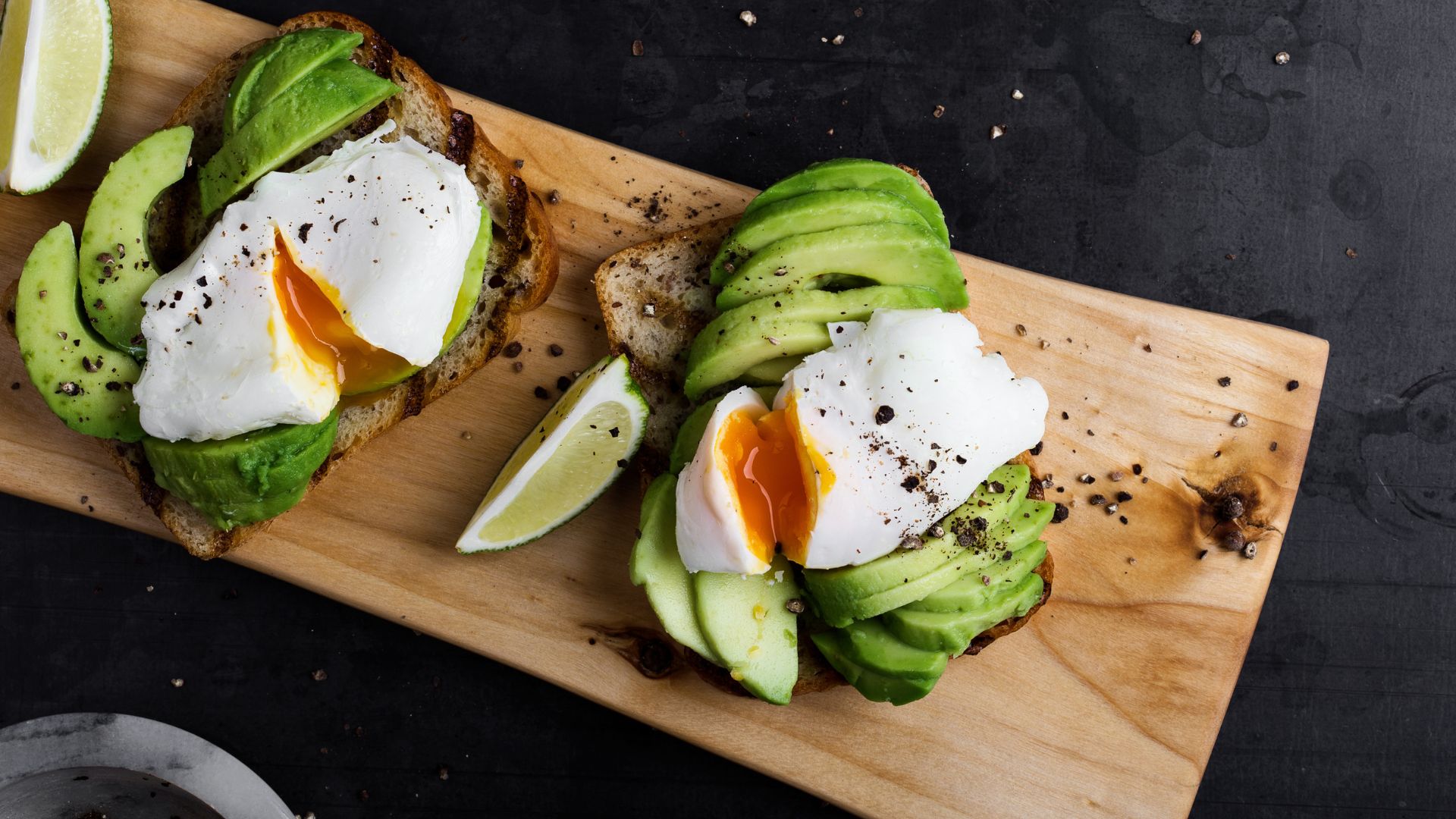
The Ketogenic diet - otherwise known as the keto diet - is a popular plan that involves eating a minimal amount of carbohydrates, with more protein and fats. While this plan was first created to help children with epilepsy, it's more famous today for being a way to lose weight.
The keto diet is named after the biological process that it aims to trigger: ketosis. This is when the body turns to stored fat as energy after all glucose (the body's main energy source, taken from carbohydrates) is used up.
It's very similar to other low-carbohydrate, high-fat diets designed for weight loss, including the Atkins Diet, the Dukan Diet, and the Banting Diet.
7. Vegan

Much like vegetarianism, veganism isn't so much a diet for weight loss but one taken up for medical, ethical, and/or environmental reasons. Those who are vegan avoid all animal products, including meat, fish, and dairy.
It is one of the most popular diets in the world, with about 1% of the world's population following the vegan diet.
8. Carnivore
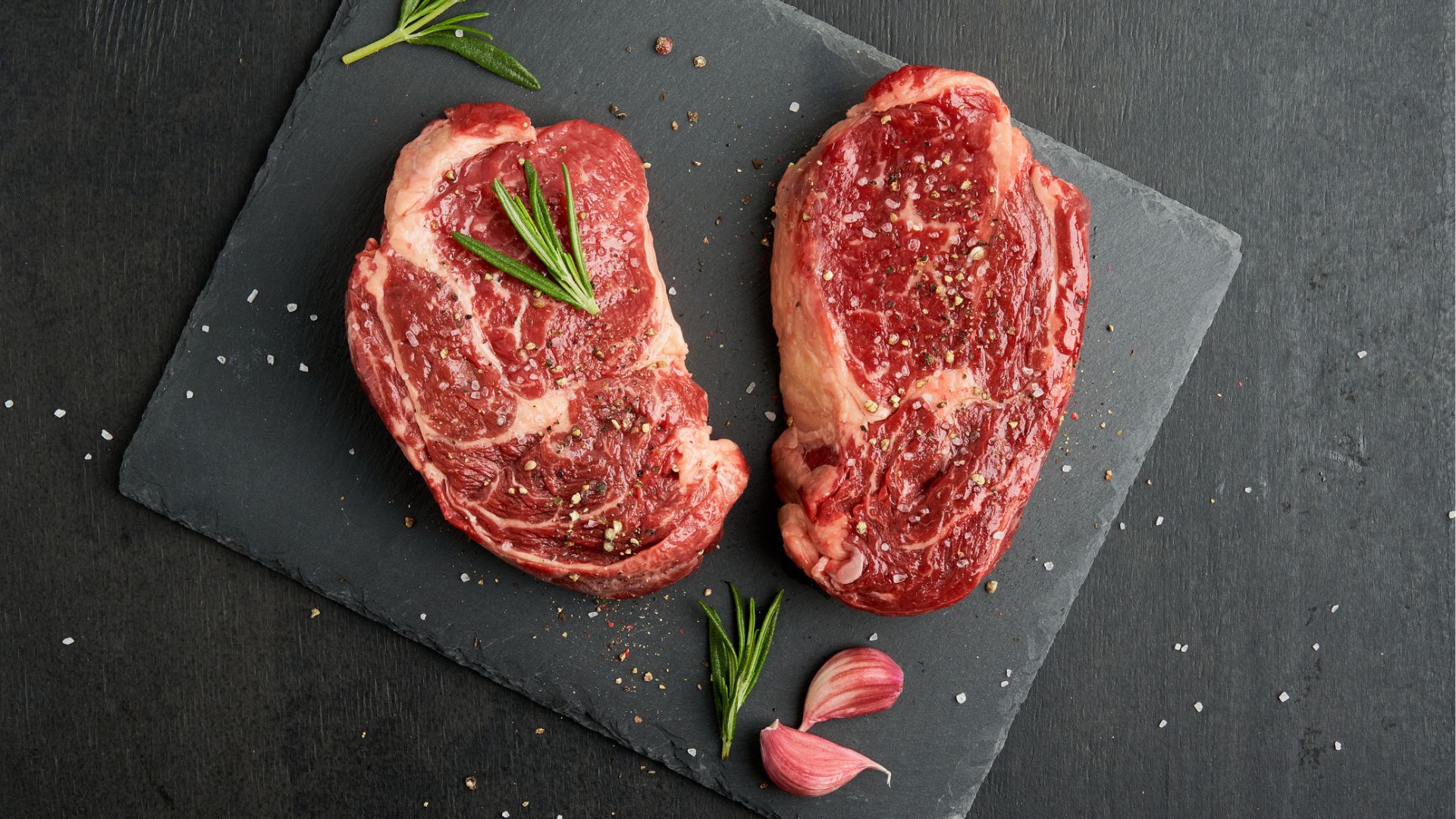
Pretty much the opposite of the vegan diet is the carnivore diet. As the name suggests, this eating style involves exclusively animal products, including meat, fish, and dairy - much like a lion, tiger, or other carnivorous animal would do.
Anything that doesn't come from an animal, like fruits, vegetables, and whole grains, is excluded. Needless to say, while it might be a popular diet, not too many people follow it as it's extremely restrictive, unsustainable, and can have negative health consequences, even in the short term.
The aim of the carnivore diet is similar to the ketogenic diet and other low-carbohydrate plans as the body will turn to using stored fat for energy within a few days, after stores of glucose (which comes from carbohydrates) are used up.
9. DASH
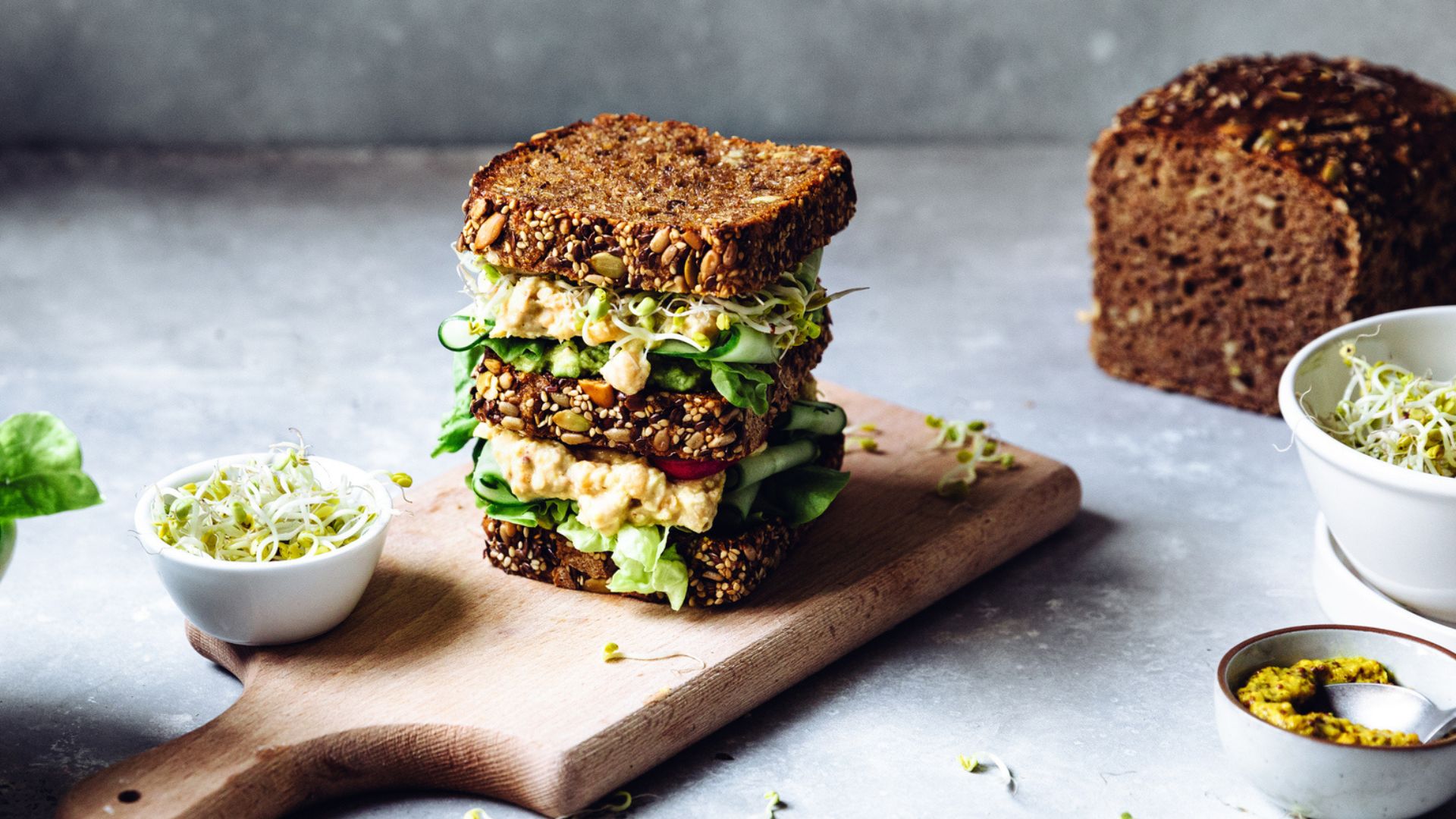
The DASH Diet includes fruits, vegetables, whole grains, fish, poultry, fat-free and low-fat dairy products, beans, and nuts. It excludes foods high in salt, sugar, and saturated fat, such as red meat.
Much like vegetarianism, veganism, and the MIND diet, those who take on the DASH diet don't often do so to lose weight. DASH stands for: The Dietary Approaches to Stop Hypertension. Those who take up this plan tend to suffer from hypertension (high blood pressure), which can be very dangerous if not controlled.
10. Low-calorie

Any diet designed for weight loss will have a low-calorie element to it. For example, the ketogenic diet removes carbohydrates, which are fairly calorie-dense. However, one of the most common diets for weight loss doesn't restrict certain food groups, but rather food in general.
A low-calorie diet encourages counting calories or eating foods known to be lower in calories than others, with the aim of putting the body into a calorie deficit. This is where you eat fewer calories than you burn every day.
11. Low FODMAP

FODMAP stands for fermentable oligosaccharides, disaccharides, monosaccharides and polyols. These are sugars that aren't absorbed very well by the small intestine, so some people take on this diet to prevent digestive discomfort.
However, it's not a totally restrictive eating plan. Once you've removed all these sugar-based foods from your diet, you slowly reintroduce them to see which are causing you trouble. Once you've figured out the troublesome foods, you can limit just them.
Those who have irritable bowel syndrome (IBS) or SIBO (small intestinal bacterial overgrowth) tend to follow a low-FODMAP diet, which research suggesting it's beneficial in reducing symptoms for up to 86% of people with these conditions.
12. Mediterranean
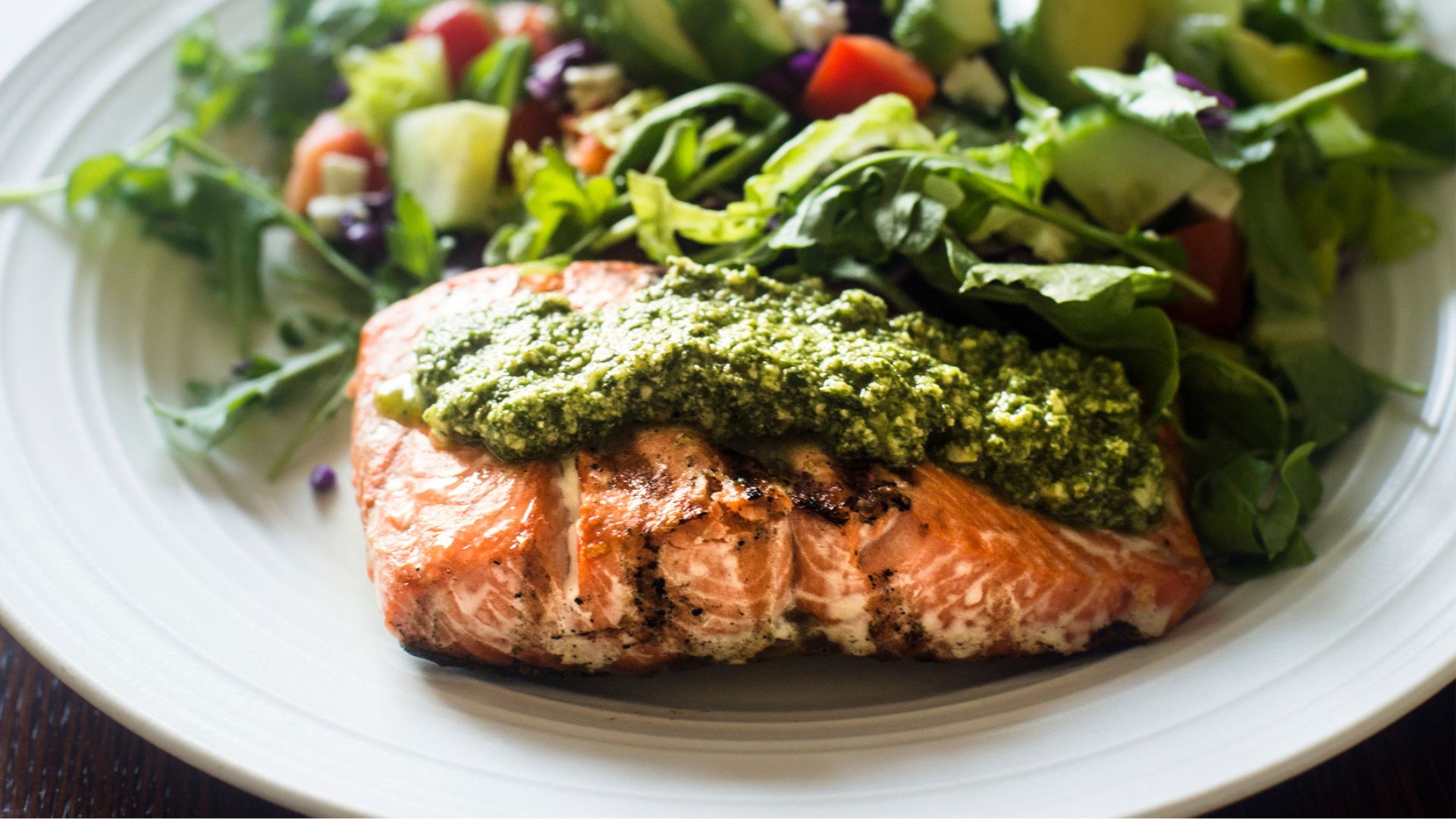
The Mediterranean diet is one of the most popular diets of the last few years, especially in countries like the UK and the US. It prioritises foods typically eaten by those living in warm Mediterranean countries like France, Spain, Italy, and Greece, with plenty of fruits, vegetables, whole grains, seafood, beans, and nuts. The aim is to avoid processed foods, those with added sugar, and any refined grains.
Many people find the Mediterranean diet to be hugely beneficial for managing their weight, contributing to heart health, and lowering the risk of diabetes. It's also sustainable, unlike many other diets out there, as it's largely unrestrictive.
13. 5:2
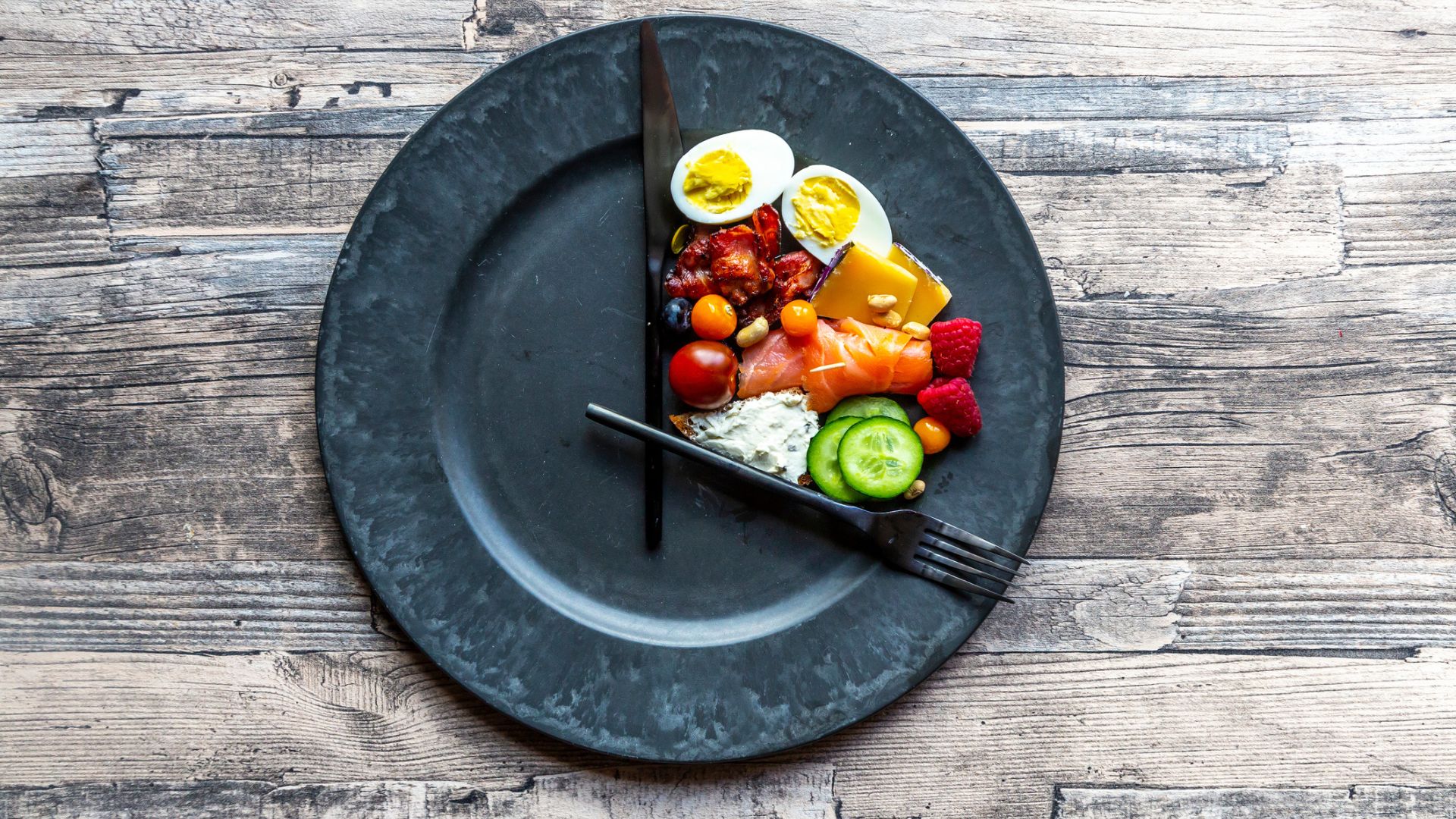
The 5:2 diet is a type of intermittent fasting that promotes the idea of eating almost whatever you want for five days of the week and dramatically cutting calories for the other two. This aims to put the body in a state of ketosis, where the body uses energy from fat stores rather than glucose stores (carbohydrates) as it normally does.
While many people start intermittent fasting to lose weight, it has been associated with other health benefits, such as reduced inflammation and improved brain function. It is not suitable for everyone due to its restrictive nature on the two low-calorie days.
14. Alkaline
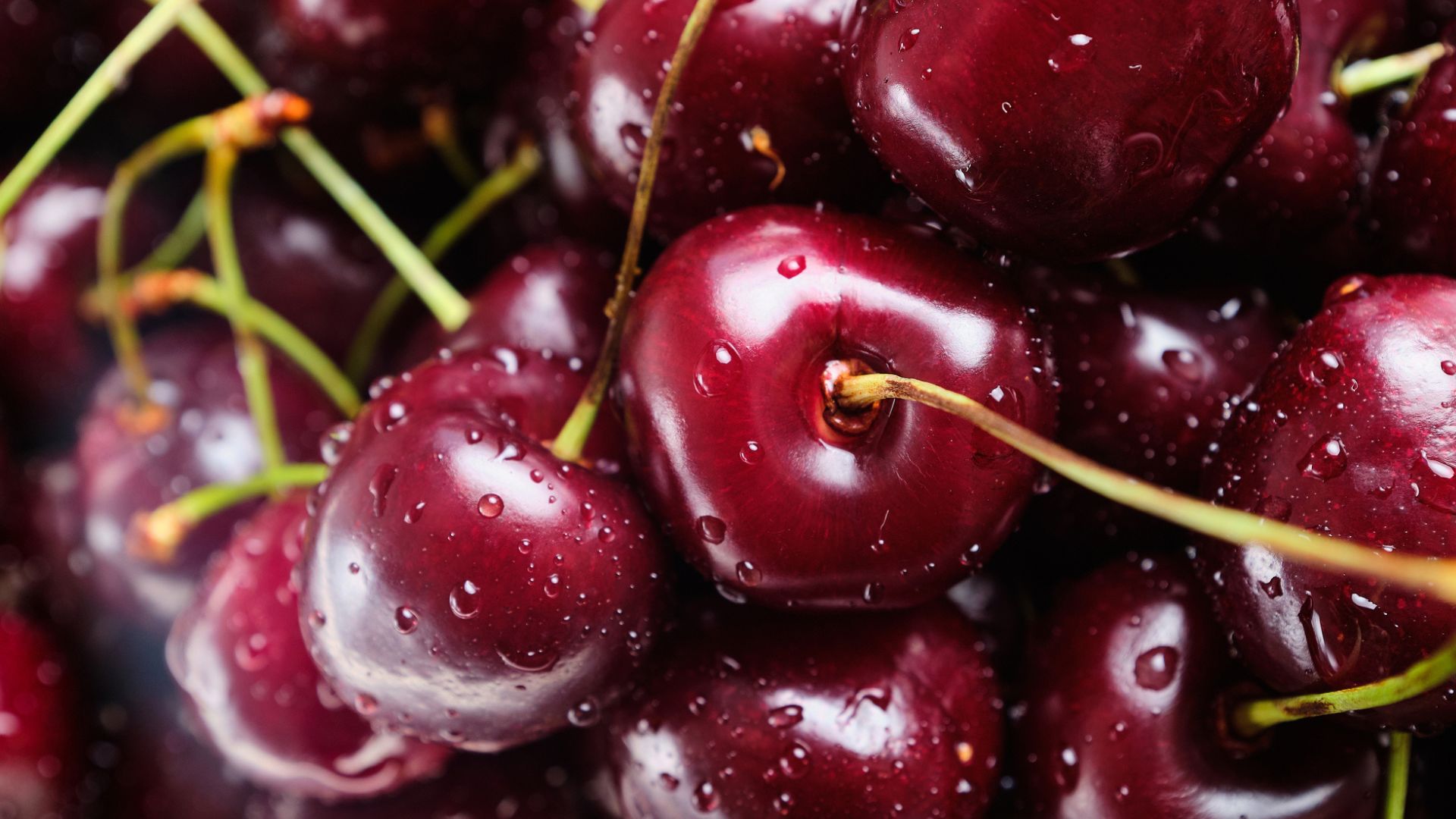
There is little evidence that the alkaline diet is effective at its aim of changing the pH balance of the body and blood through the food you eat, yet it remains among the most popular diets in the world.
Fans of the alkaline diet follow it on the basis that high levels of "excess" acid in the body, caused by "acid-producing" foods like meat, wheat, and grains in our regular diets, can contribute to a range of serious health conditions - such as arthritis, osteoporosis, and cancer.
The alkaline foods included in this eating plan include fruits, non-starchy vegetables, legumes, and seeds.
15. Flexitarian
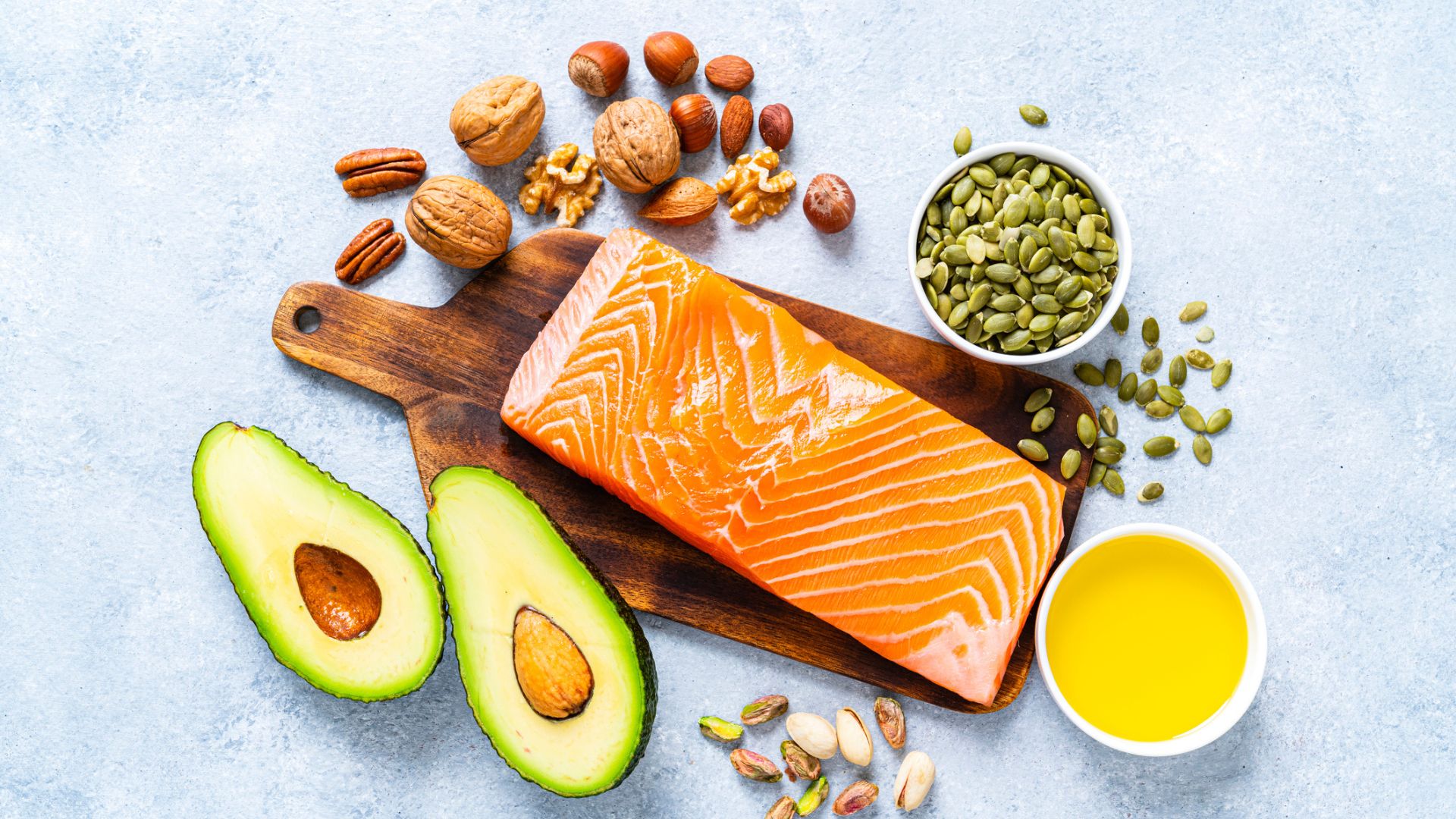
The flexitarian diet could be one of the most popular diets in the world as many people follow it without even meaning to. This eating style is about being mainly vegetarian - but not strictly, with meat and fish still recognised as key sources of protein, vitamins, and minerals.
It's thought that about 23% of the UK population considers themselves to be 'flexitarian', given the widely-recognised health and environmental benefits of lower meat consumption, the cost of animal products, and the popularity of diets with few processed foods.
16. Whole foods
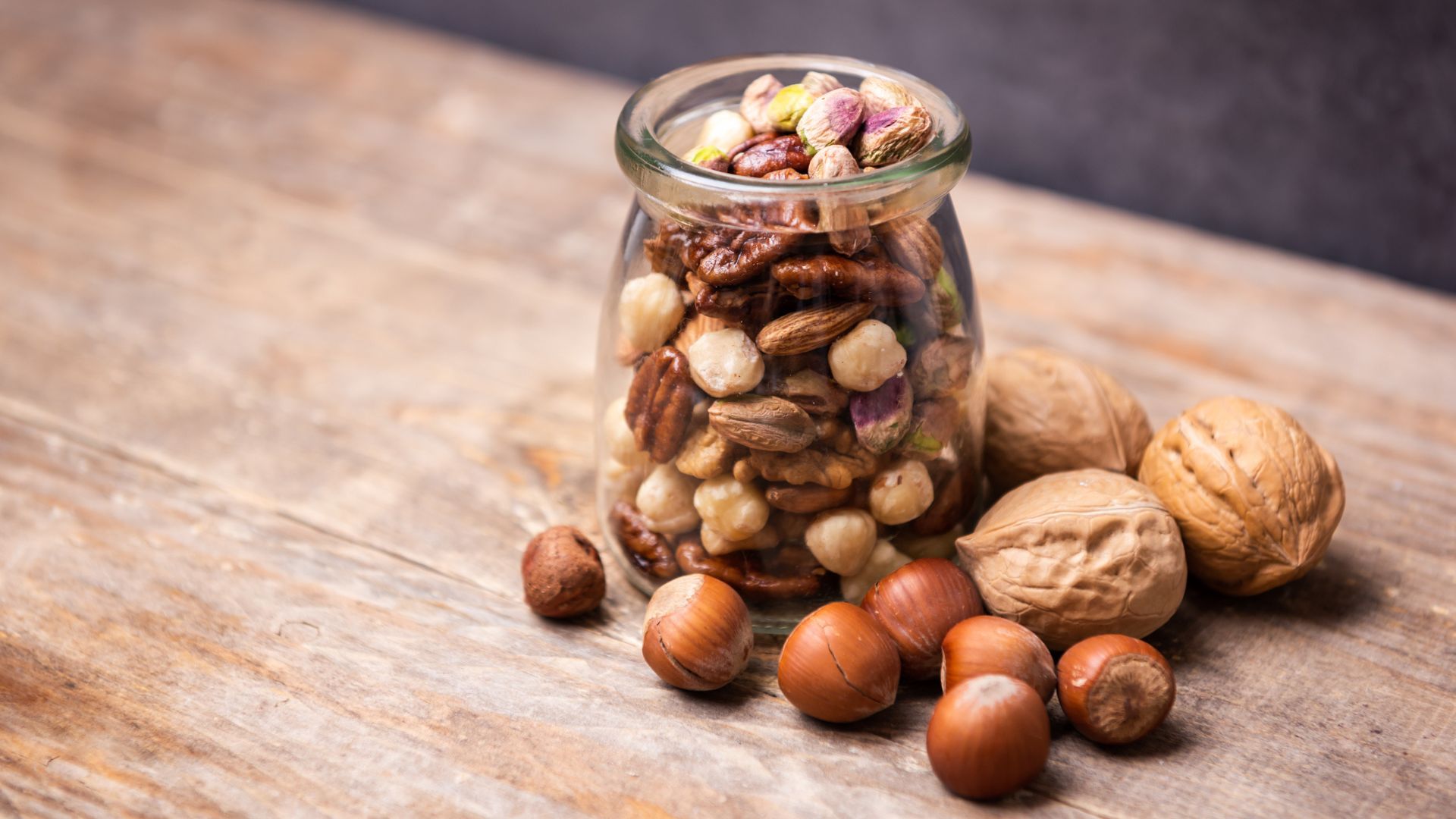
Much like a high-fibre or high-protein diet, a whole-food diet isn't a prescribed eating plan with certain foods you can (and can't) eat. Instead, it's an approach designed around whole foods that's made to be sustainable and health-boosting. As a result, it's one of the most popular diets today.
Those following a whole food diet opt for foods like nuts, seeds, oats, brown rice, barley, beans, fresh fruits and vegetables, shellfish, and eggs, and avoid processed foods wherever possible.
17. Raw food
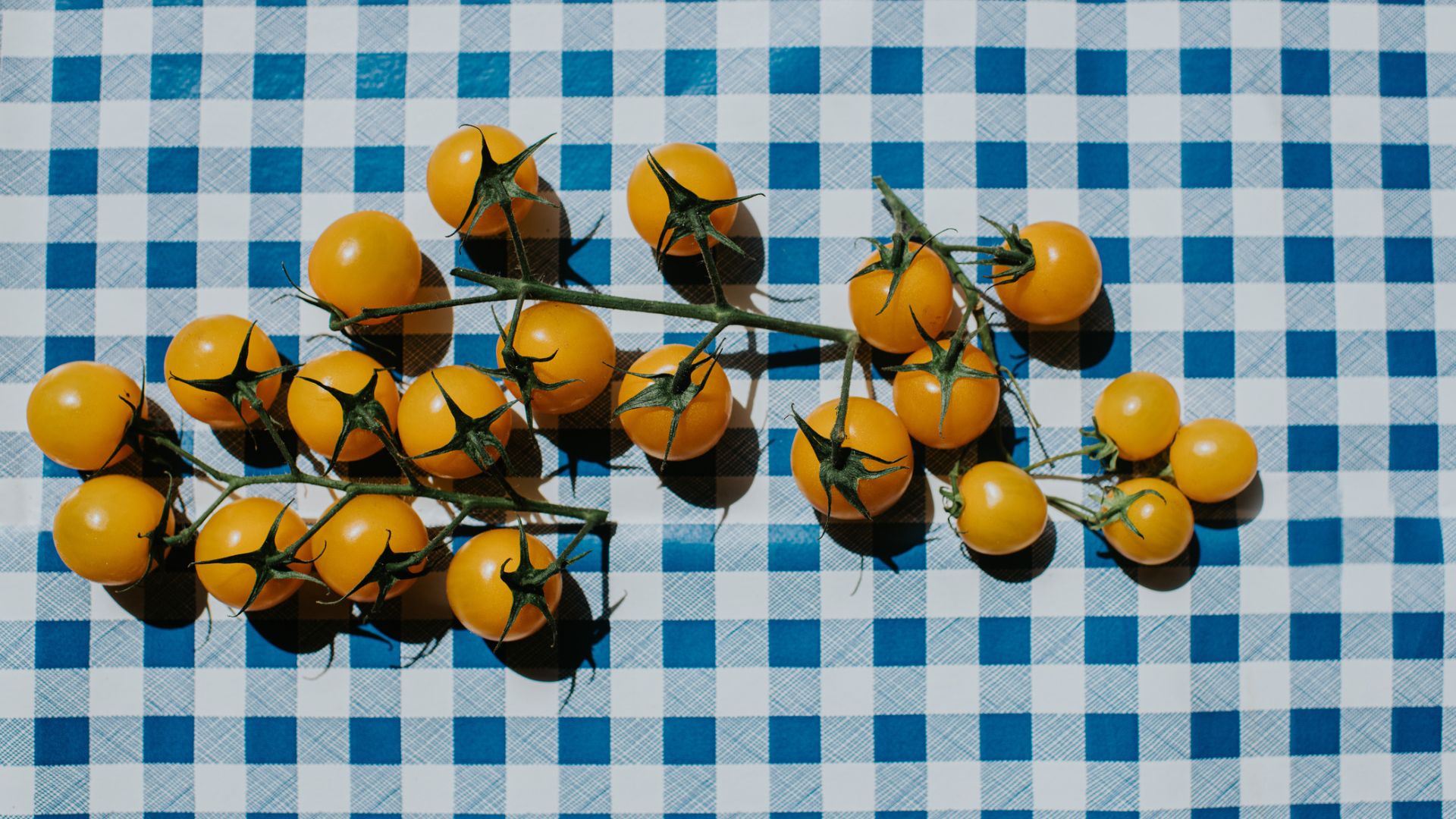
The raw food diet, or raw food veganism as it's sometimes known, is a way of eating that exclusively includes raw and unprocessed foods. The idea is that cooking food destroys the natural enzymes in food, reducing their nutritional content, and the "life force" of raw foods.
Food is considered raw on this diet if it hasn't been heated to over 40–48°C and isn't refined, pasteurised, treated with pesticides, or processed in any way. However, food is allowed to be prepared for eating by blending, juicing, dehydrating, soaking, and so on, so you don't have to eat the food in its original form.
18. South Beach

The South Beach diet was invented in the mid-1990s by Florida-based cardiologist Dr Arthur Agatston, who noticed that the popular Atkins diet wasn't entirely suitable for those with heart disease as it encourages a fair amount of fat consumption.
This diet was provided as another low-carbohydrate alternative and it focuses on seafood, skinless poultry, lean beef, and soy products to make up daily eating. It's often taken up for weight loss and better heart health. However, like many low-carbohydrate plans, it's been criticised for being a 'fad' diet as it's quite restrictive with various phases to follow.
19. Detoxification
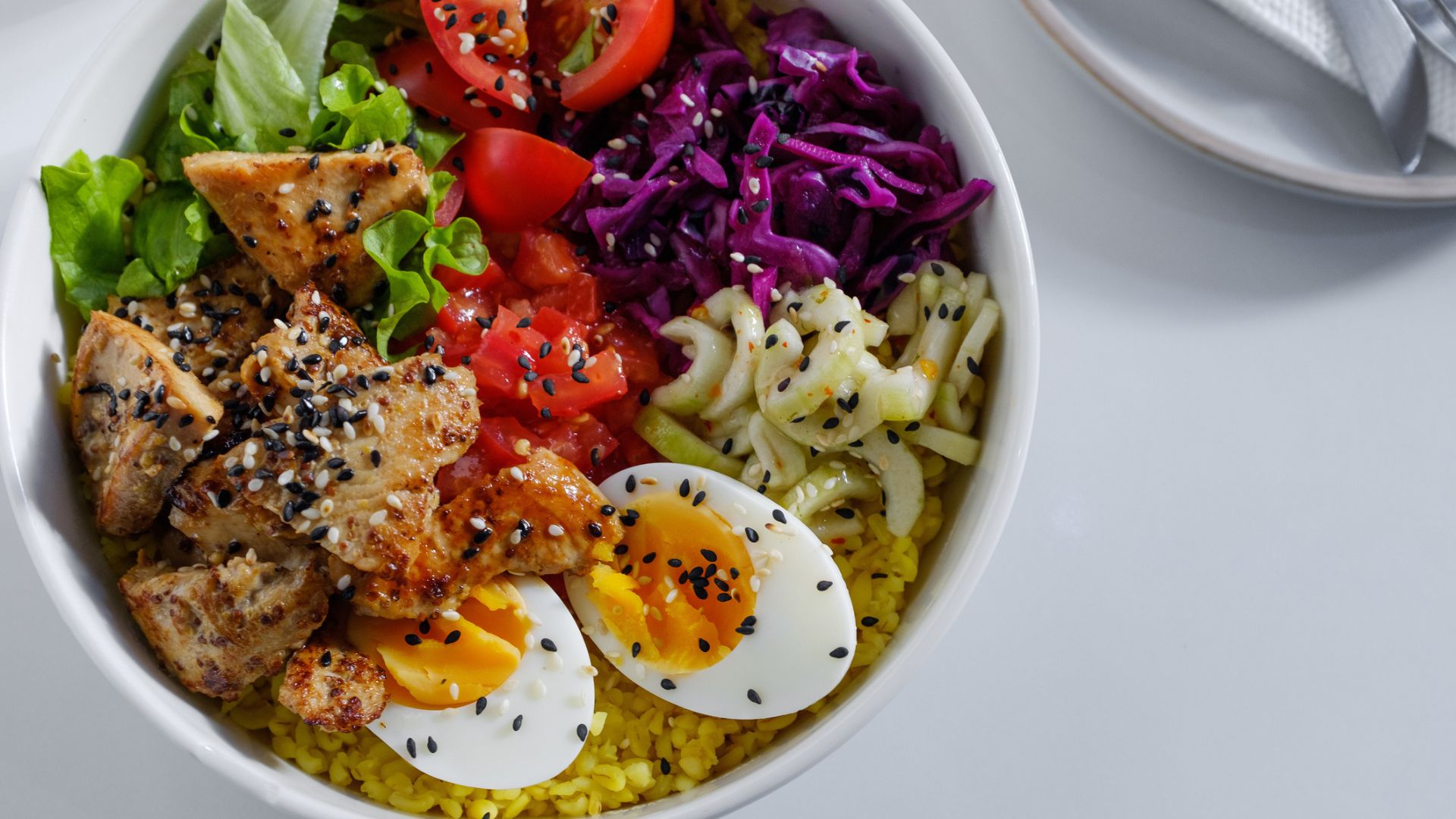
There are many kinds of 'detox' diets out there today but a traditional detoxification diet tends to last anywhere from 24 hours to a few weeks and involves fasting, eating mainly fruits and vegetables, supplementing with a 'detox' solution like a tea, avoiding major food groups like dairy or carbohydrates, and ditching caffeine, sugar, and alcohol.
It's an extreme form of dieting - but a popular one nonetheless, often taken up by those who feel they've had too much of one thing, i.e. fast food, alcohol, caffeine, sugar, and/or cigarettes. The idea is that 'detoxing' the body helps to manage toxins better, with the view to minimise weight gain and reduce cellulite, bloating, and tiredness. Yet, it often also ignores the important (and automatic) role the liver and kidneys play in the detoxification process.
20. Grapefruit diet
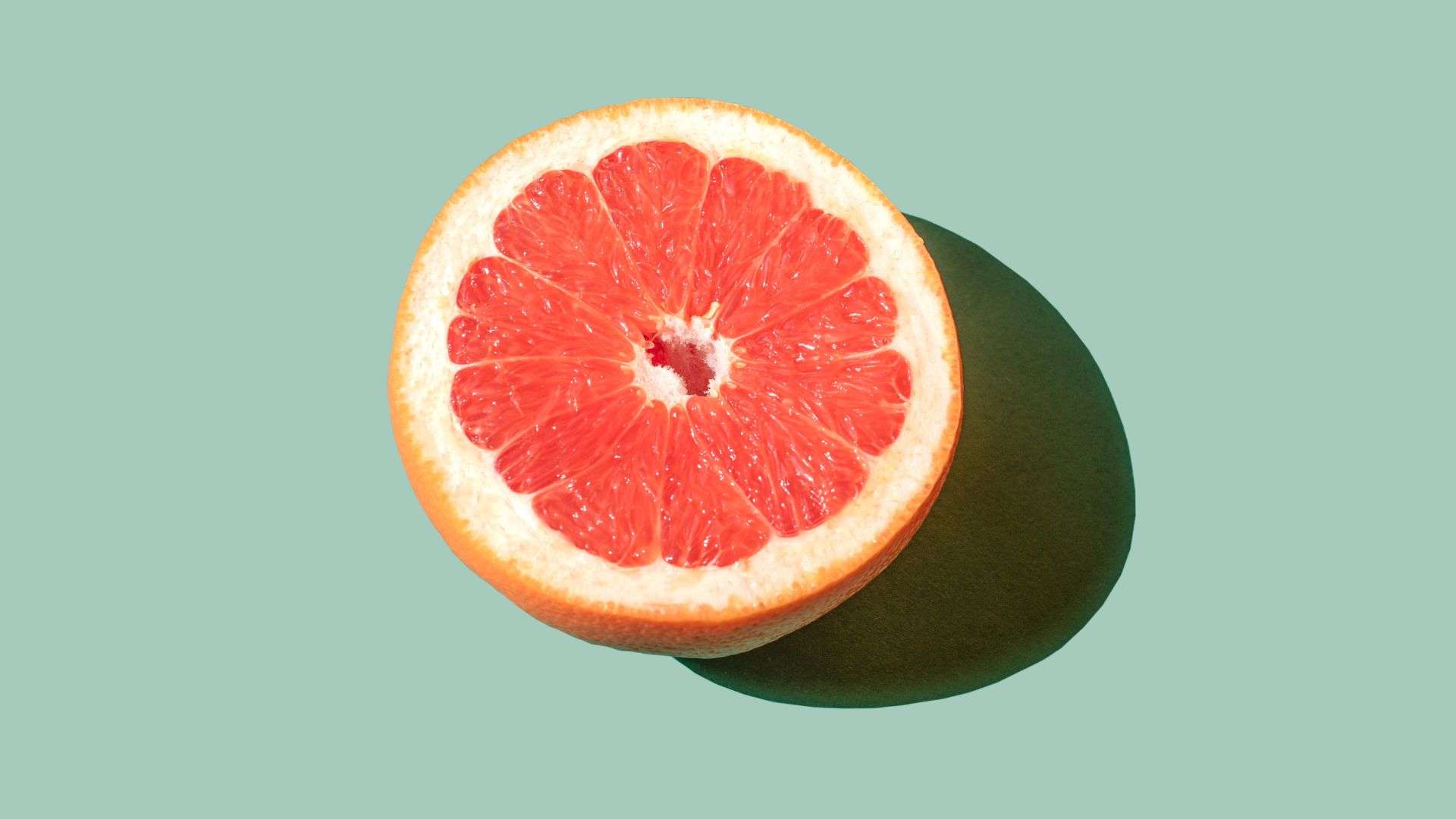
The Hollywood diet - also known as the grapefruit diet - was one of the first fad diets to exist. It's still popular today as a way to lose weight quickly or 'detox'.
As the name suggests, this diet simply involves eating a grapefruit or drinking grapefruit juice with every meal. The idea is that the fruit has valuable fat-burning enzymes that can promote quick weight loss - although there is little research that this enzyme actually works.
Other than grapefruit, those following the diet are advised to follow a low-calorie plan consisting of high-protein foods like eggs, milk, bacon and other meats, green and red vegetables, and diuretics like coffee.
21. Juice fasting
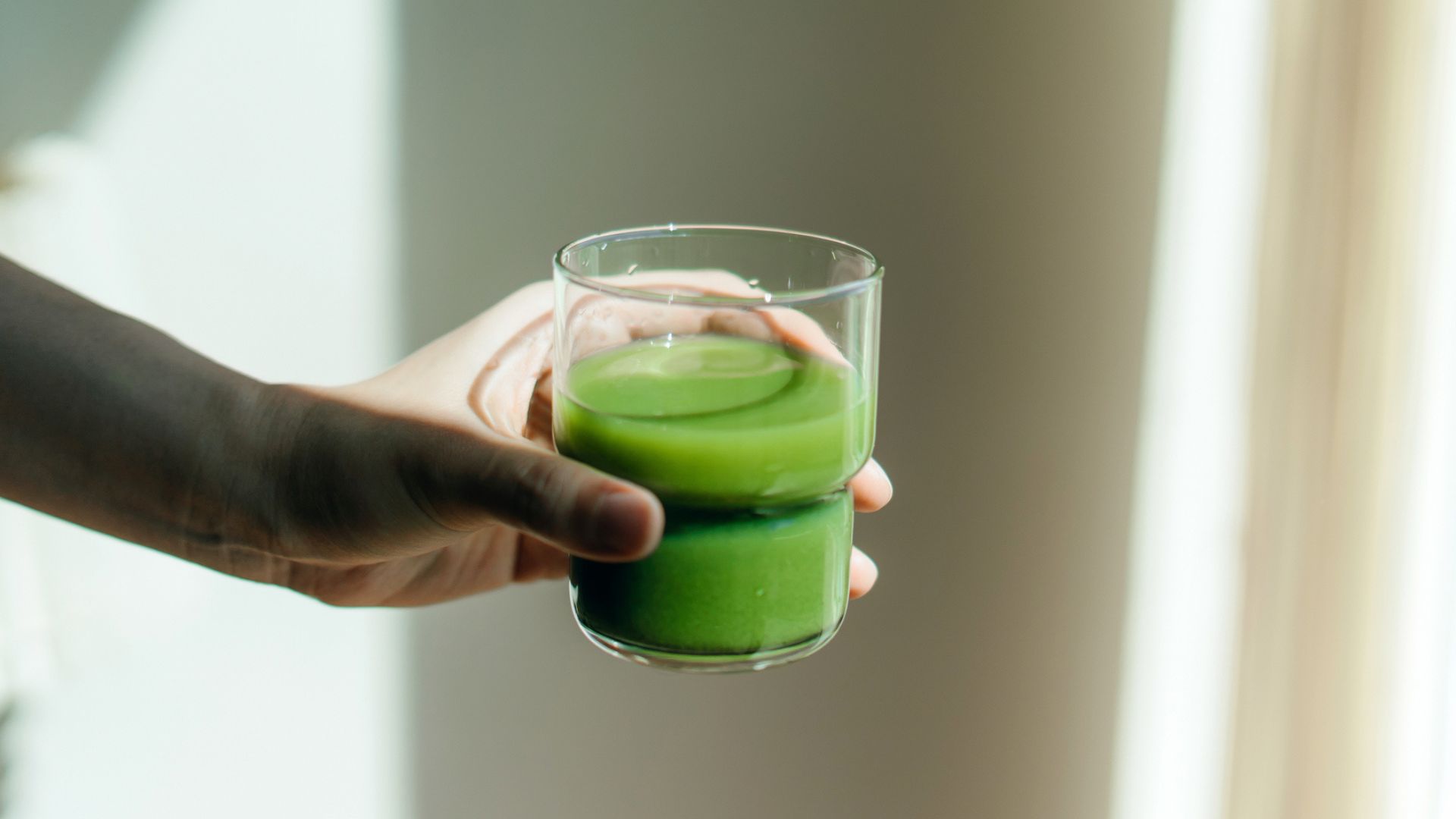
Juice fasting is one of the most popular weight loss methods out there today - and one of the most unsustainable. It involves only drinking fruit and vegetable juices for a short period of one to three days and removing all solid foods.
While it's been proven effective for those looking to lose weight thanks to the extremely low caloric intake, it's effective at the detriment of the rest of the body as there are few carbohydrates, proteins, and healthy fats in these juices for the body to use to carry out vital processes.
22. Gluten-free
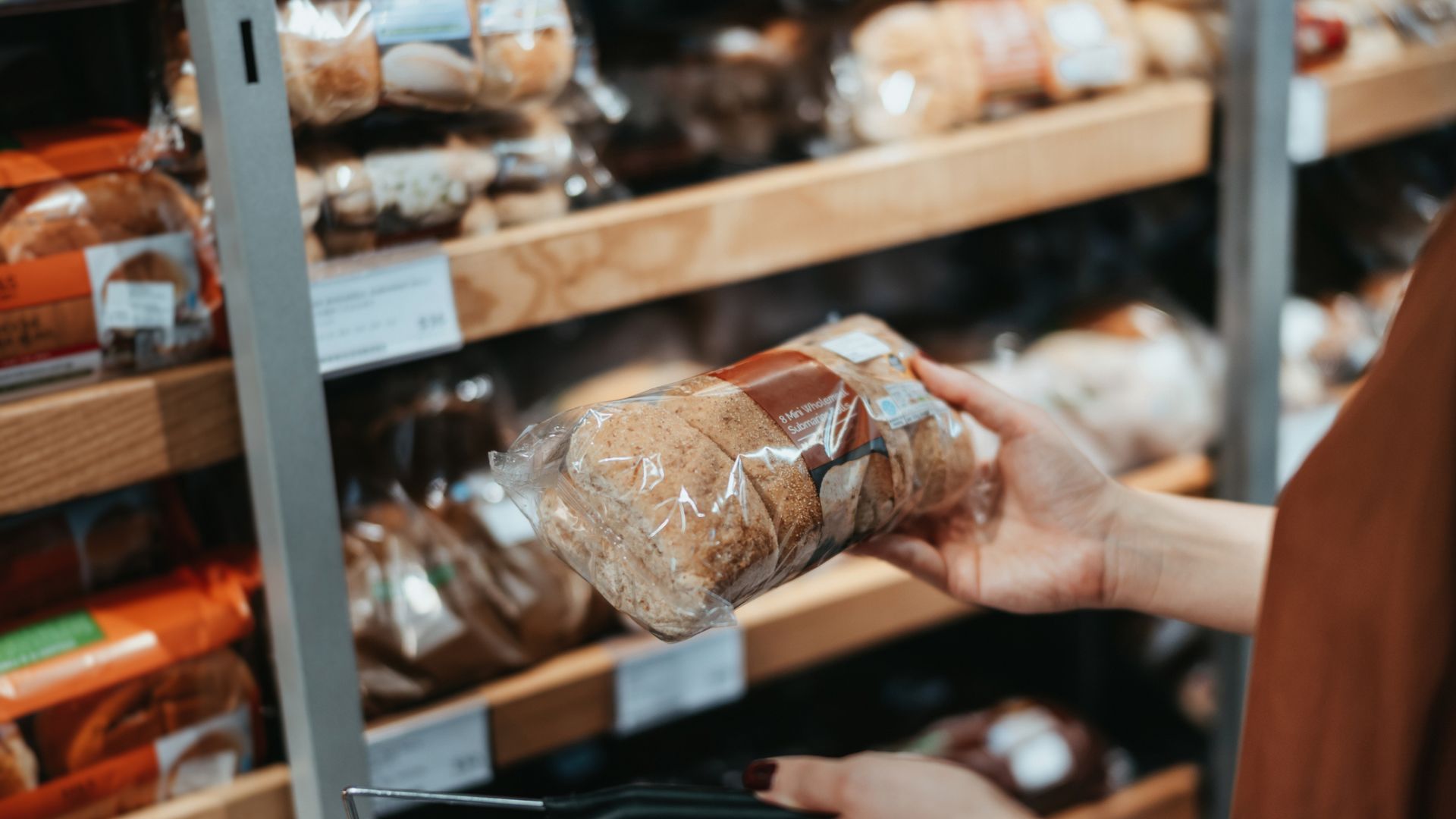
A gluten-free diet, much like a high-fibre, high-protein, or whole-food diet, involves focusing on one food group. In this case, it's carbohydrates - including some whole foods.
On a gluten-free diet, you can eat fruits and vegetables, beans, legumes, seeds, and nuts in their natural form, eggs, lean and non-processed meats, and low-fat dairy products.
Some people take on the gluten-free diet to limit their carbohydrate intake. As a calorie-dense macronutrient, this can help with weight loss. However, most people who remove gluten from their diet do so as they have a wheat allergy, a sensitivity, or celiac disease, which is a complete intolerance to gluten.
23. Liquid
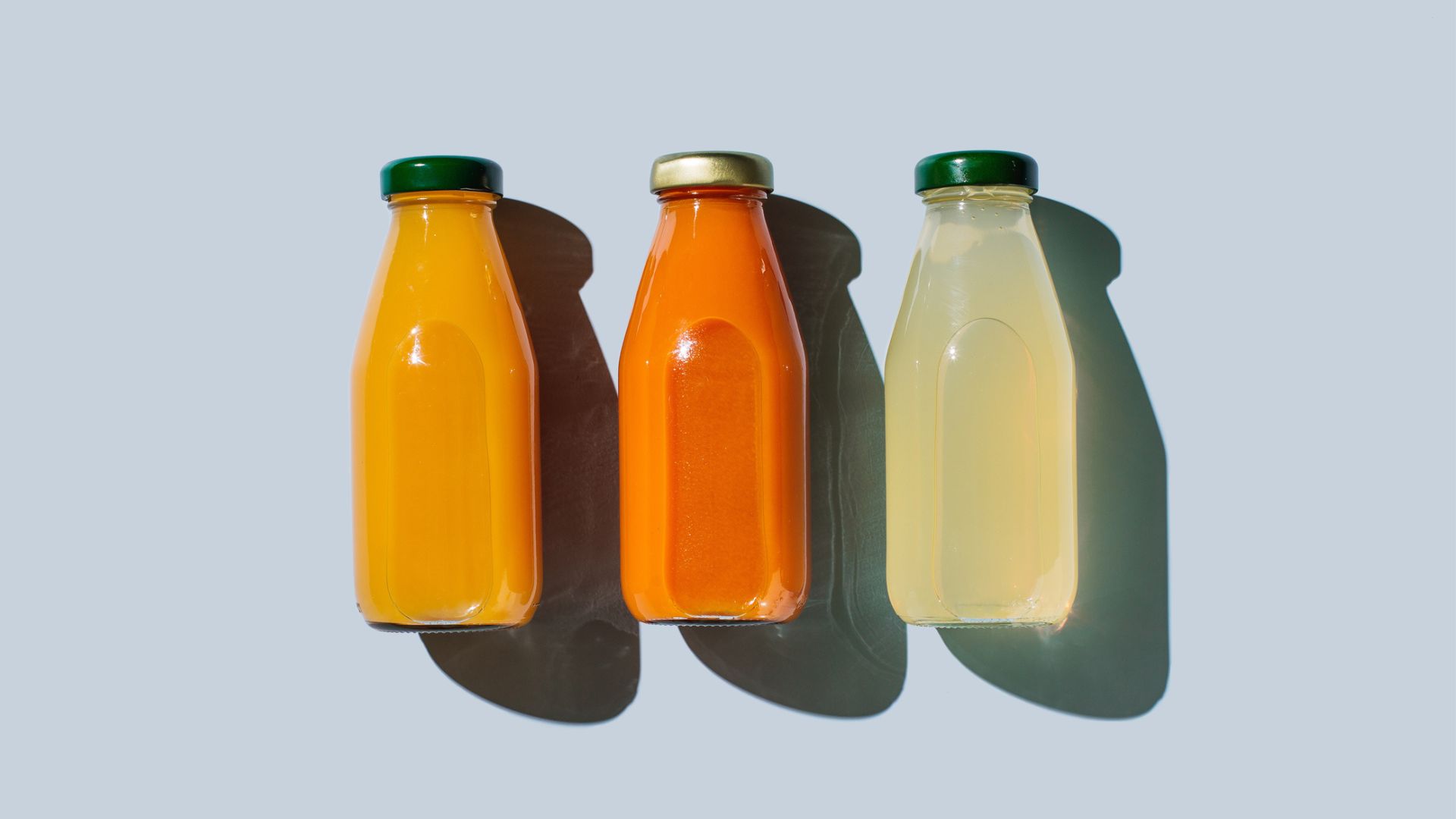
A liquid diet is very similar to a juice cleanse but with more options as to what you can drink. Like a juice cleanse, however, it focuses on drinking rather than eating to severely limit calorie intake and produce rapid weight loss. It's considered a 'fad' diet for the same reason, as it's entirely unsustainable for any period of time and requires limiting important food groups.
Some options include water, tea, coffee, all kinds of juice, soups (with no solids), broths, ice lollies, ice cream, honey, syrups, frozen yogurt, and even butter and margarine, cream, and custard.
24. Cabbage Soup Diet
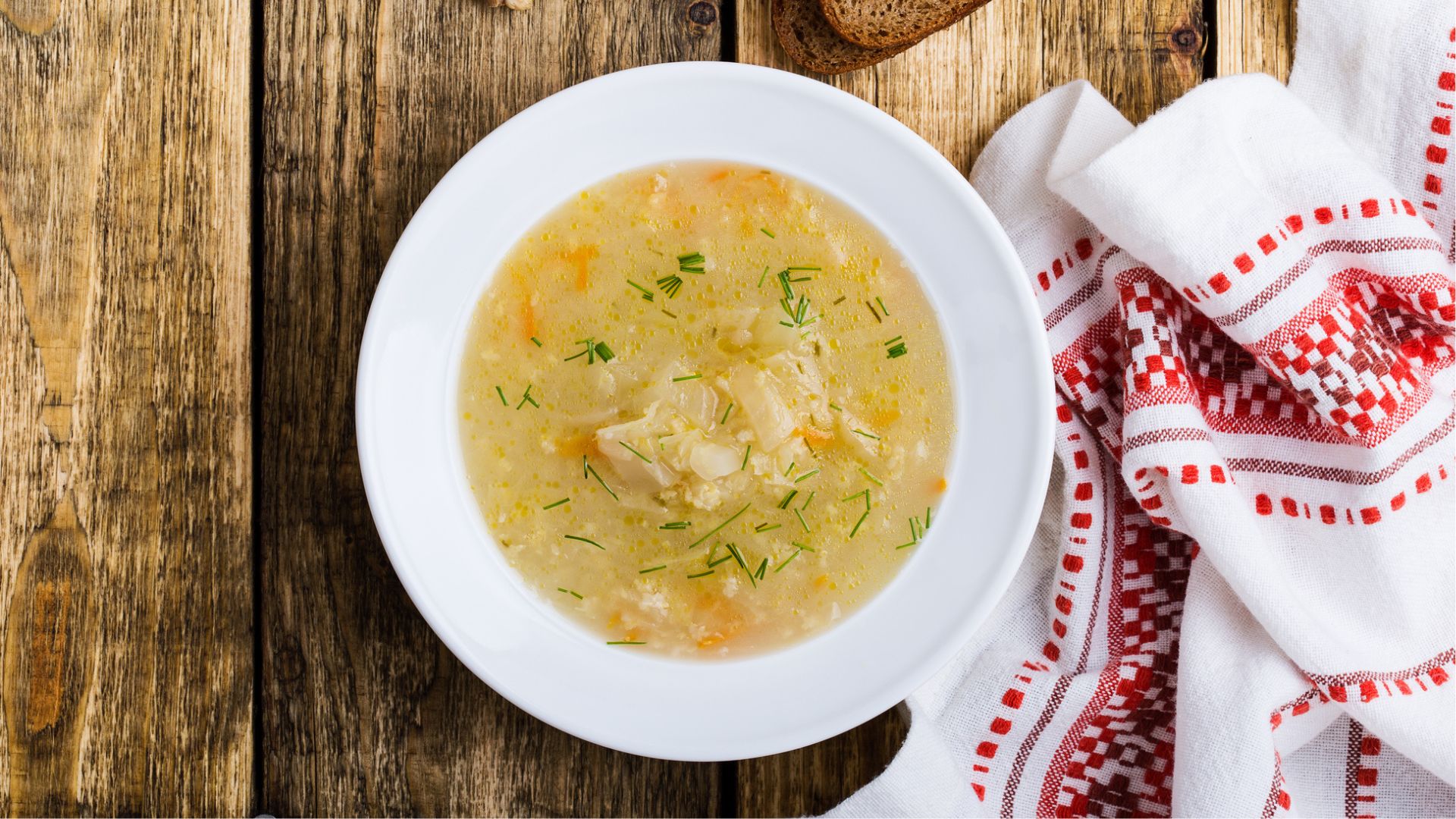
The cabbage soup diet is another 'fad' diet that suggests those following it limit their food intake to just one thing for every meal: cabbage soup. Although, one or two other foods are allowed, including fruit, other vegetables, or skimmed milk.
The effectiveness of this specific diet hasn't been studied but naturally, cabbage soup is very low in calories. By only eating cabbage soup for every meal, you're very likely to lose weight while you're on the diet. But, as it's not a very sustainable 'fad' diet, these results are unlikely to last for long.
25. High-protein
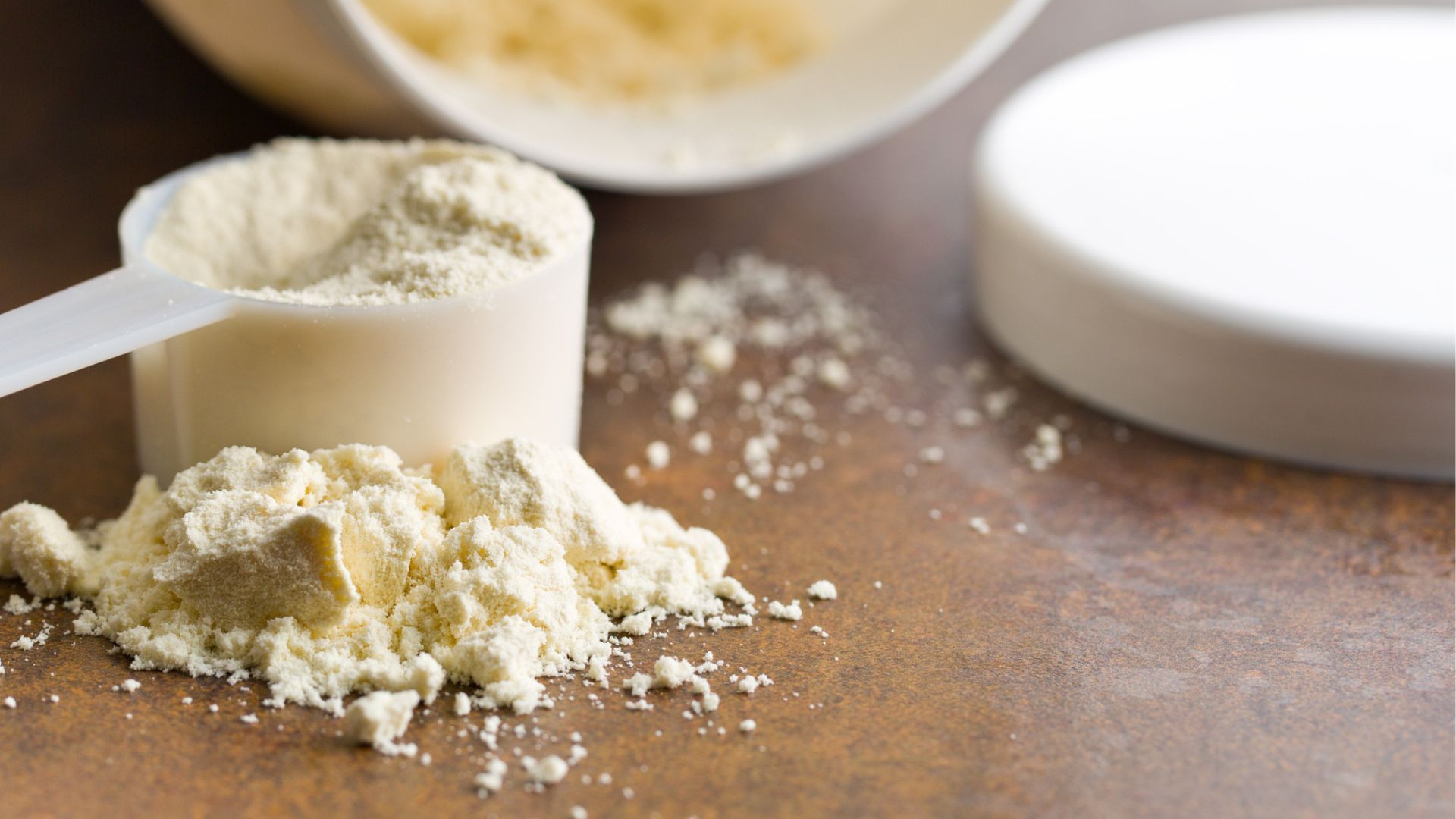
A high-protein diet is another one of the most popular diets in the world, with millions (if not billions) of people following it without even realising it. This style of eating prioritises foods high in protein - such as lean meats, eggs, particular grains, and dairy products - over others.
It's very sustainable as other food groups are also encouraged on the high-protein diet, including healthy fats and carbohydrates in lower amounts, and largely unrestrictive as to what foods you can and can't eat.
26. Sirtfood
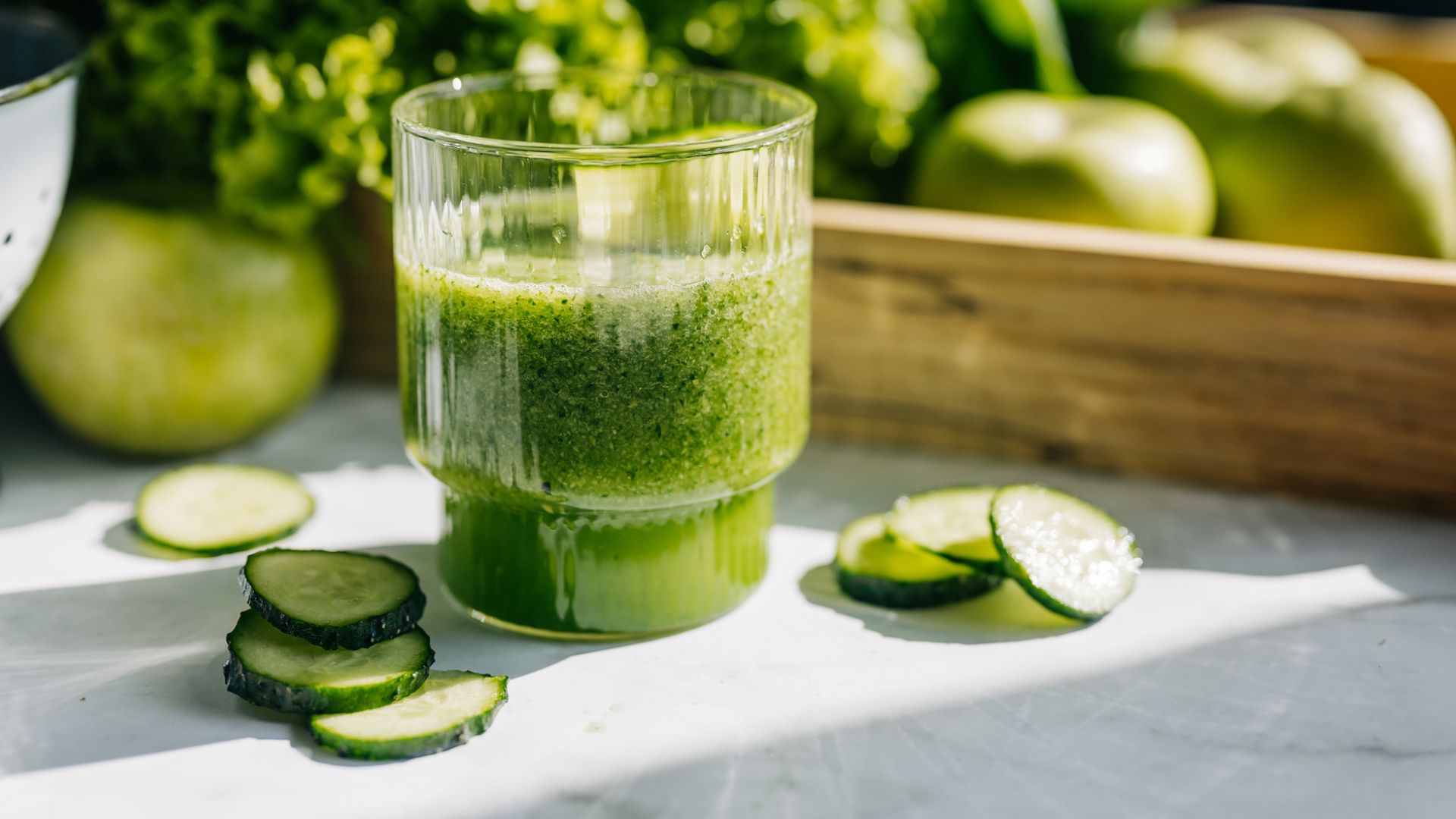
The Sirtfood diet is famous for allowing red wine and chocolate, so no wonder it's one of the most popular diets of modern times.
This diet works by activating a gene that the founders call the "skinny gene". The idea is that there are seven proteins found in the body that have been shown to regulate a variety of bodily functions - including metabolism and inflammation - and by increasing these protein levels, those on the diet can lose weight.
The way to increase levels of these proteins is supposedly via eating foods with natural compounds that may increase these protein levels, also called "sirtfoods". These include kale, red wine, onions, blueberries, turmeric, buckwheat, soy, parsley, walnuts, arugula, bird's eye chilli, capers, and coffee, among others.
27. Master Cleanse
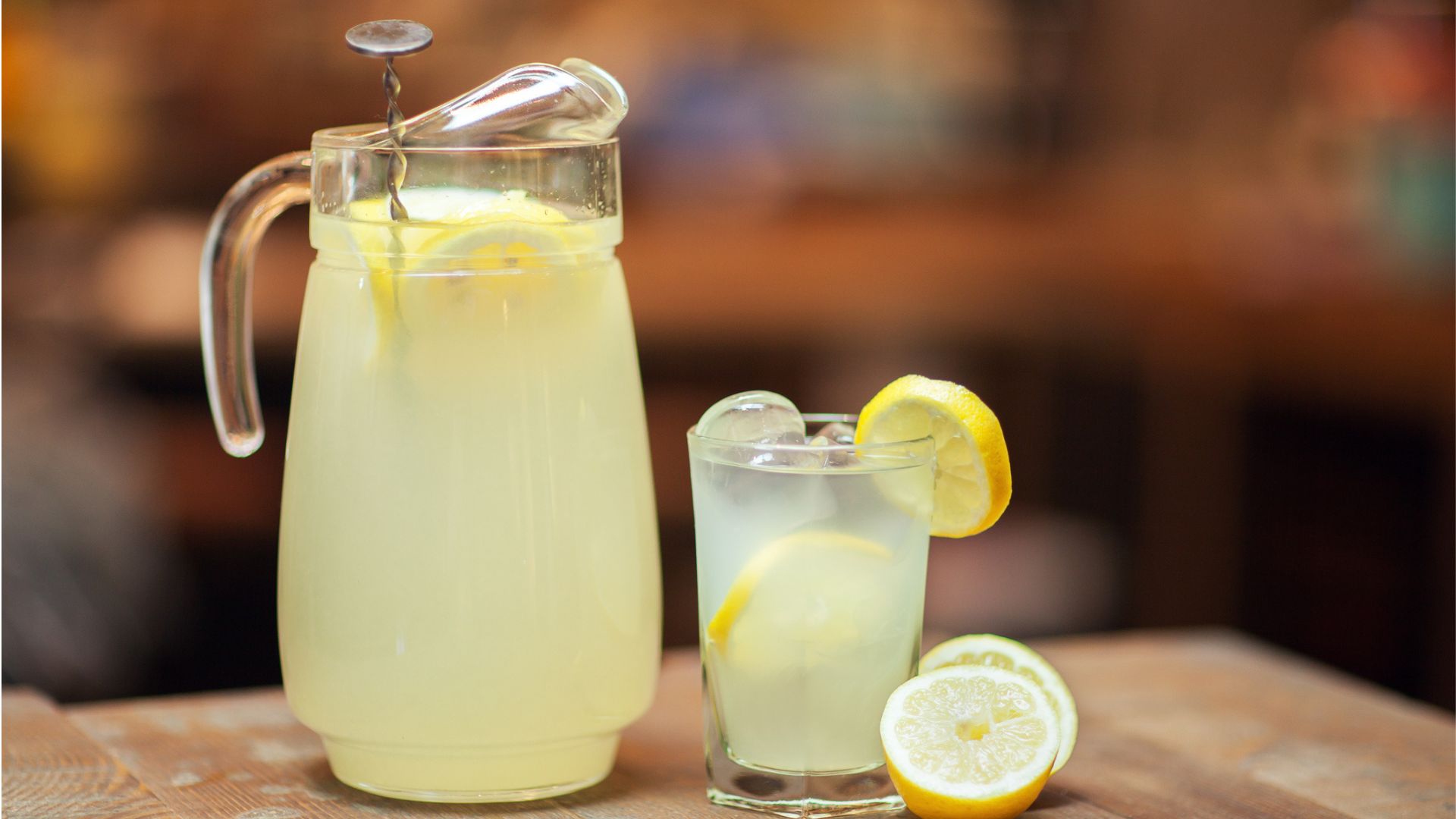
The Master Cleanse is the original detox. Also called the Lemonade Diet, the Master Cleanse is a liquid-only diet made up of a lemonade-type beverage, a salt-water drink, and a herbal laxative tea. Much like all other detox or 'cleanse' diets, it's a fad diet popular among those looking to lose weight very quickly as it encourages so few calories.
However, it's entirely unsustainable and not recommended by most health professionals as it lacks essential macronutrients like carbohydrates, protein, healthy fats, vitamins and minerals. You're also likely to gain weight right back when you start eating regularly again.
28. Fruitarian
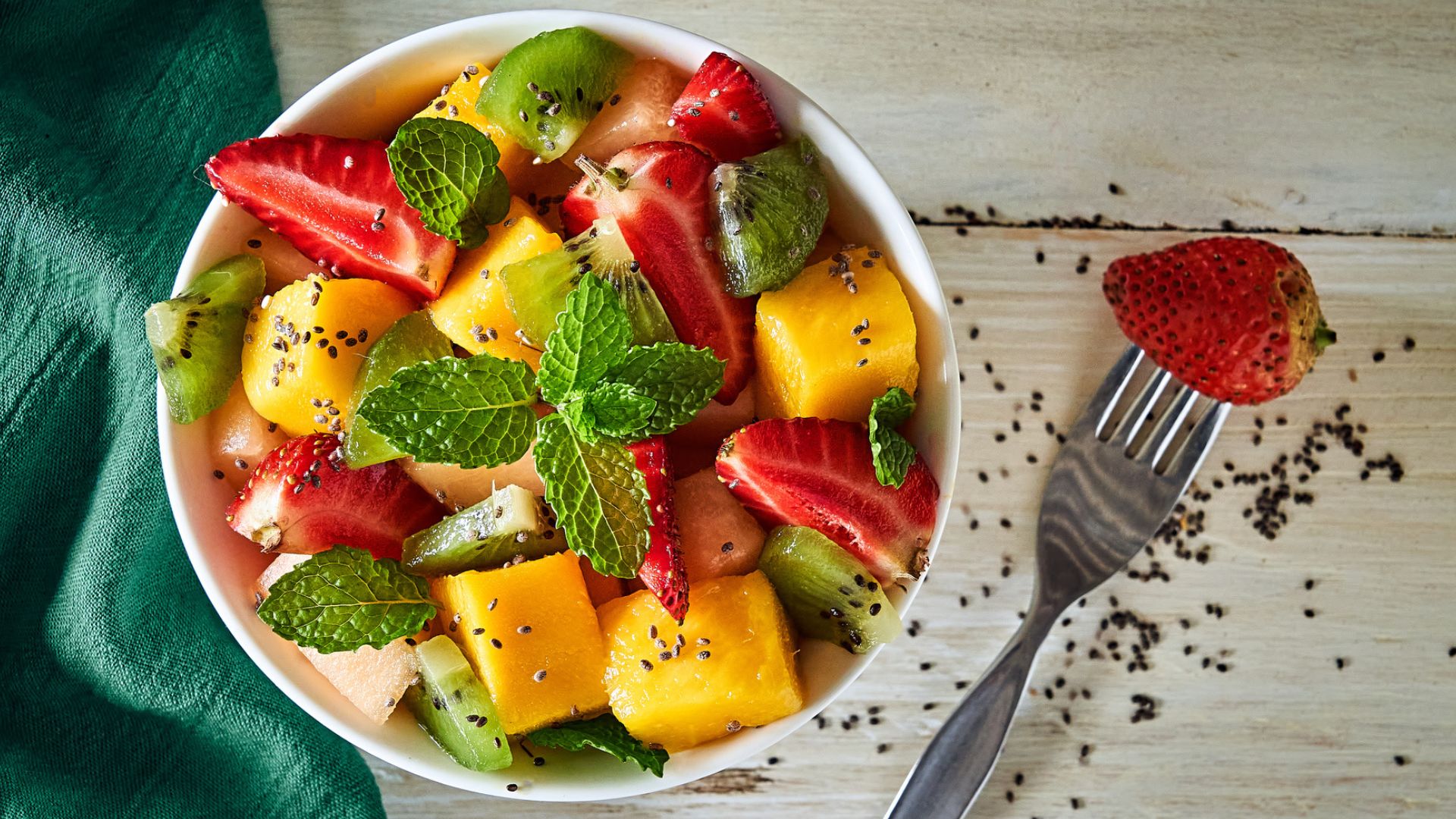
The fruitarian diet, as the name suggests, is a diet made up of predominantly fruit and other plant-based foods. While there are no set 'rules' like you might get with some other diets, it's largely agreed that to be a fruitarian, at least 55% of your daily eating needs to come from raw fruit.
As a type of raw veganism, some people supplement this diet with other raw foods - including nuts, seeds, and whole grains.
29. Climatarian
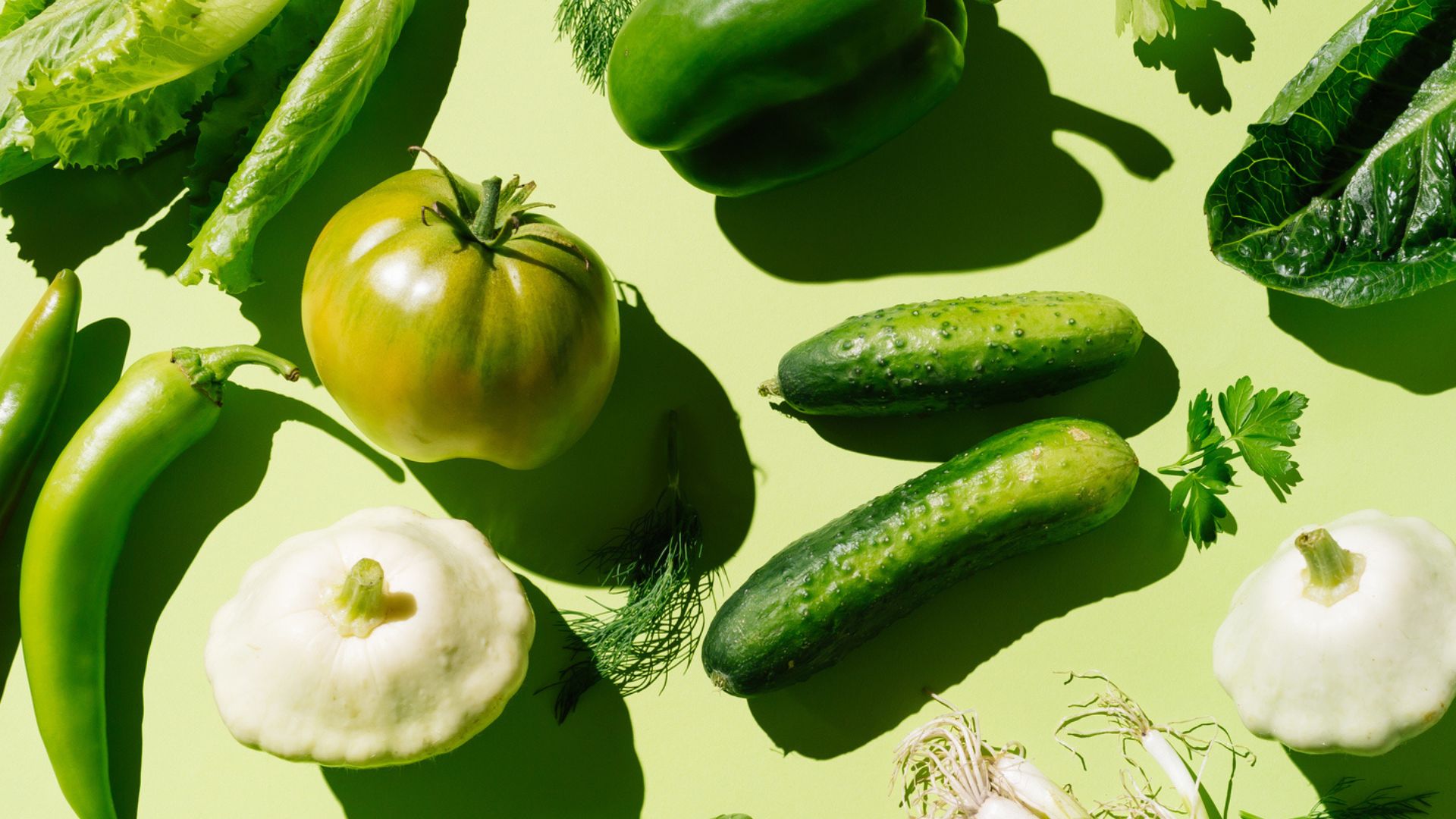
The Climatarian diet is becoming popular as more people start to understand the environmental effect of their food choices, research suggests. This way of eating focuses on foods that have the least environmental impact. It includes elements of vegetarian, vegan, flexitarian, and pescatarian diets, as these deprioritise animal products in favour of plant-based alternatives.
However, the Climatarian Diet also suggests limited restaurant food, red and processed meats, packaged foods, and sugar, so it extends more lifestyle choices as well as food choices.
30. Low sodium
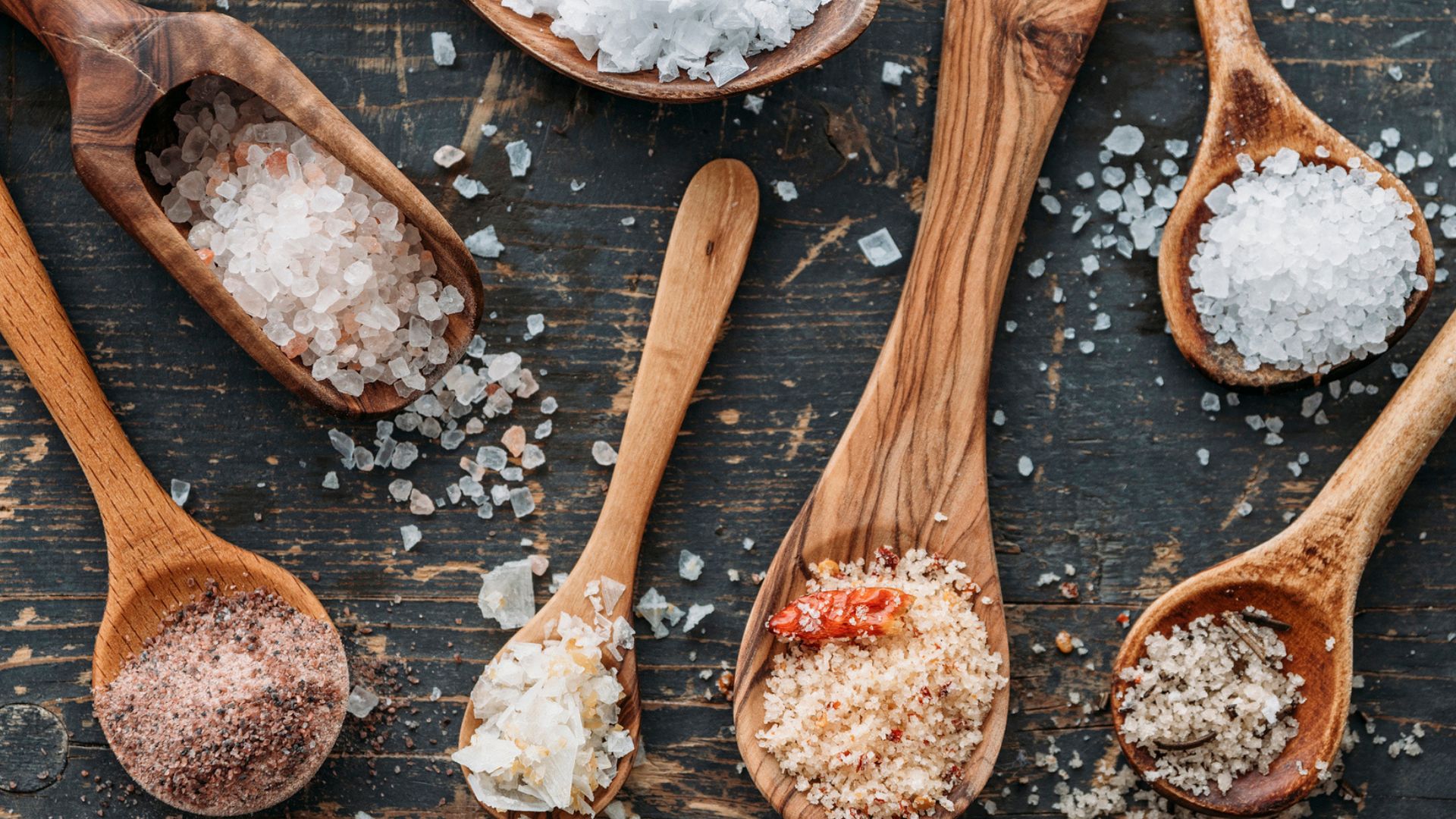
A diet low in salt - sodium, if you use its proper name - is another one of the most popular diets. Although salt has an important place in our diet, aiding vital bodily processes like hydration and fluid regulation, some people opt for a low-sodium diet to help manage conditions like heart disease and high blood pressure.
However, some people choose to follow a low-sodium diet to try and lose weight as many 'unhealthy' foods (i.e. fast food, high-calorie low-nutrient foods, and food high in saturated fat) are also very high in salt for flavouring.
31. MIND

Take the Mediterranean Diet and the DASH Diet, combine them together, and you have the MIND Diet. This one stands for Mediterranean-DASH Diet Intervention for Neurodegenerative Delay and it aims to maintain brain health with age.
Included in the MIND diet are several servings of whole grains, vegetables, nuts, beans, berries, poultry, and one serving of fish per week. Foods such as sweets, pastries, red meat, cheese, fried foods, and dairy like butter are limited.
32. TLC
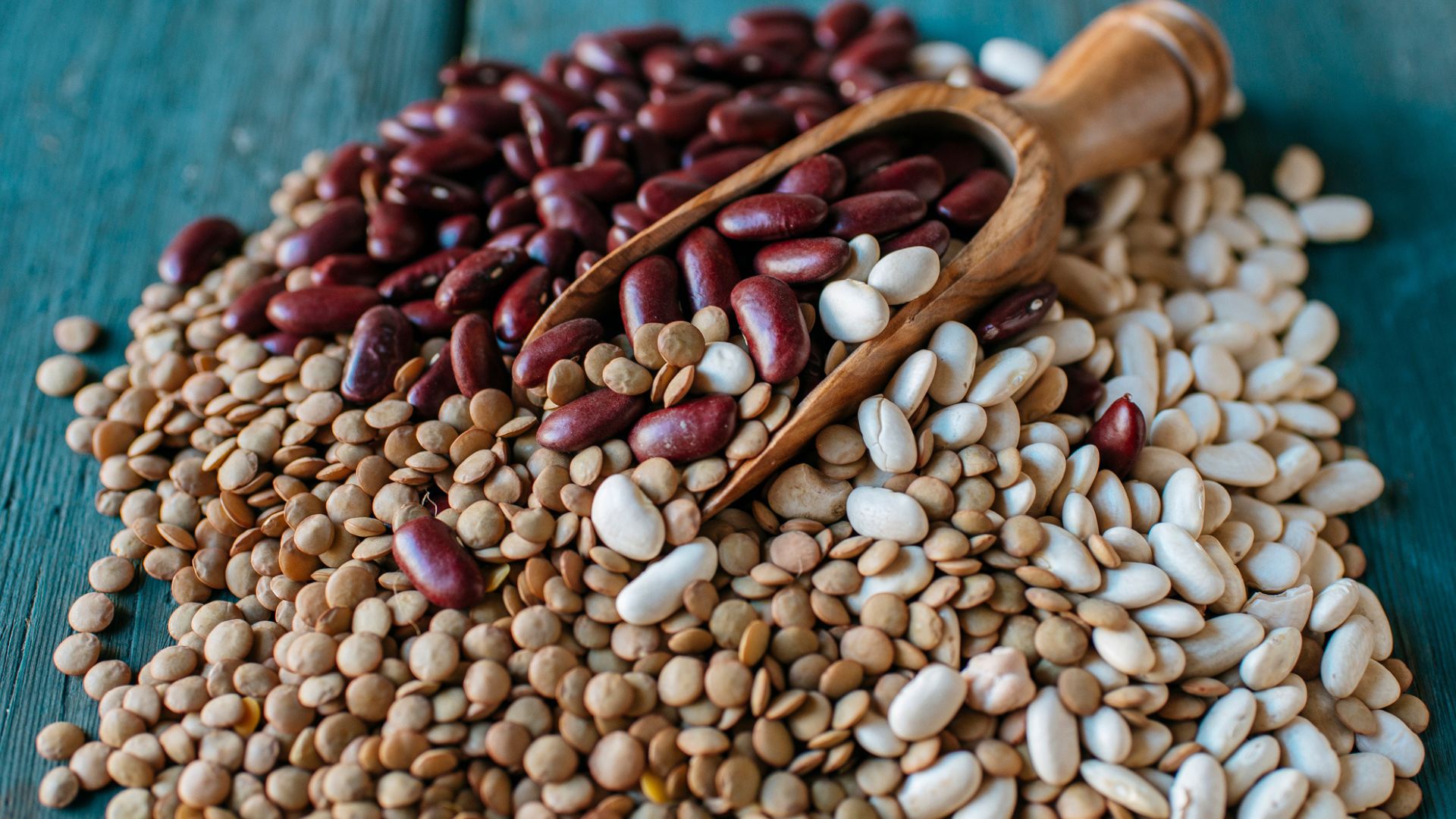
TLC stands for therapeutic lifestyle changes in this case and it's a diet backed by the National Institutes of Health, which is the largest source of funding for medical research in the world.
Based around foods like whole grains, vegetables, beans, peas, fruit, low-fat dairy, and minimal meat and fish every day, its aim is to improve blood cholesterol levels by lowering levels of 'bad' LDL cholesterol in the blood. High levels of LDL can lead to plaque build-up in the arteries, which in turn increases the risk of heart disease and stroke.
It's popular thanks to its expert backing and heart health-boosting credentials, but also because it's unrestrictive. While many diets promise to promote healthier cholesterol levels, few promise that you can still have one alcoholic drink per day and a very limited amount of saturated fat, making it a more sustainable option for many people.

Grace Walsh is woman&home's Health Channel Editor, working across the areas of fitness, nutrition, sleep, mental health, relationships, and sex. She is also a qualified fitness instructor. In 2025, she will be taking on her third marathon in Brighton, completing her first ultra marathon, and qualifying as a certified personal trainer and nutrition coach.
A digital journalist with over seven years experience as a writer and editor for UK publications, Grace has covered (almost) everything in the world of health and wellbeing with bylines in Cosmopolitan, Red, The i Paper, GoodtoKnow, and more.
-
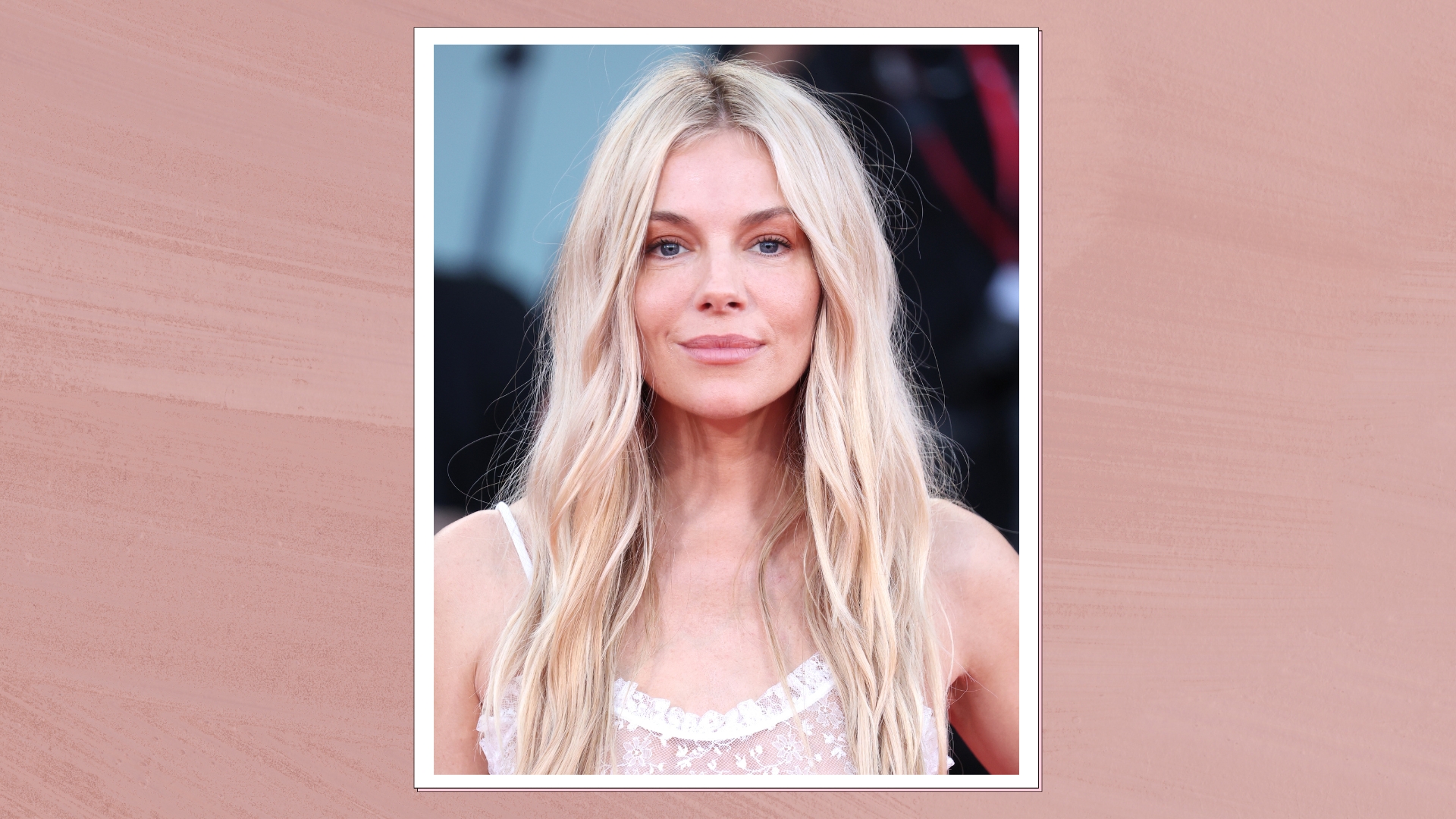 We're in awe of Sienna Miller's easy-going and 'piece-y' hairstyle and how perfect it is for spring
We're in awe of Sienna Miller's easy-going and 'piece-y' hairstyle and how perfect it is for springThis laid-back hairstyle is - quite literally - making waves this season
By Naomi Jamieson
-
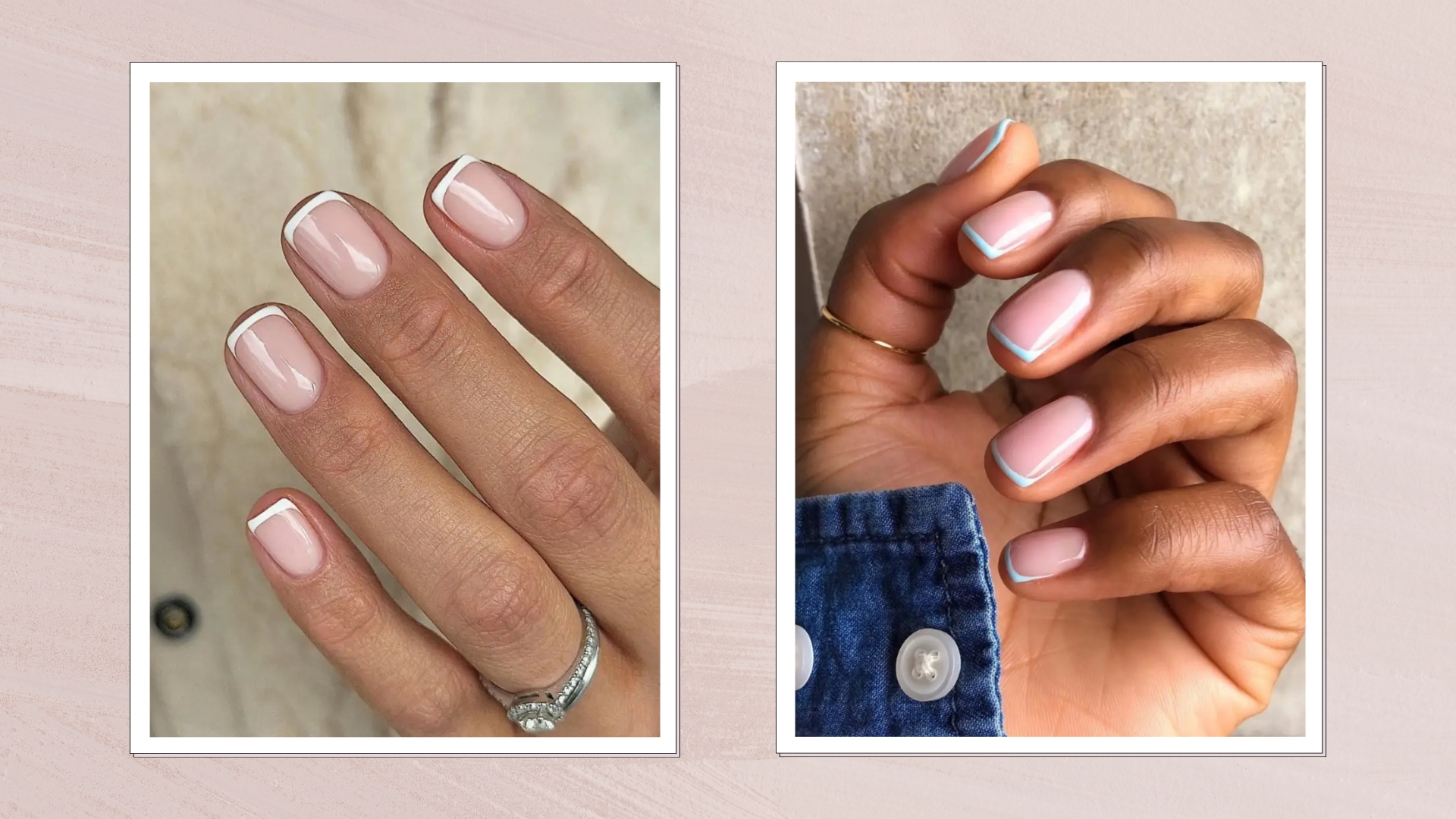 We never thought we'd see this 'dated' manicure make a chic comeback, but here it is - and we're on board
We never thought we'd see this 'dated' manicure make a chic comeback, but here it is - and we're on boardClean and angular, short square French tips are a go-to this season for a practical but stylish manicure...
By Naomi Jamieson